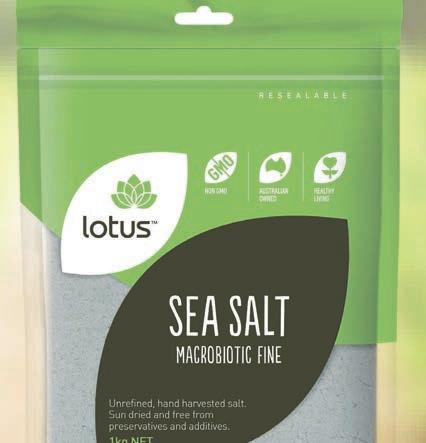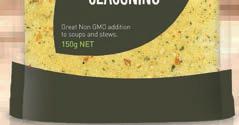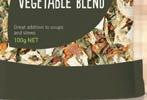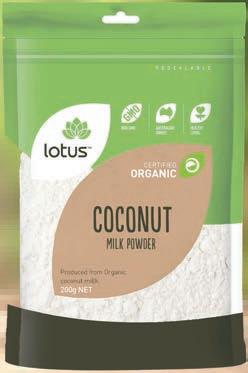
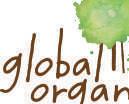


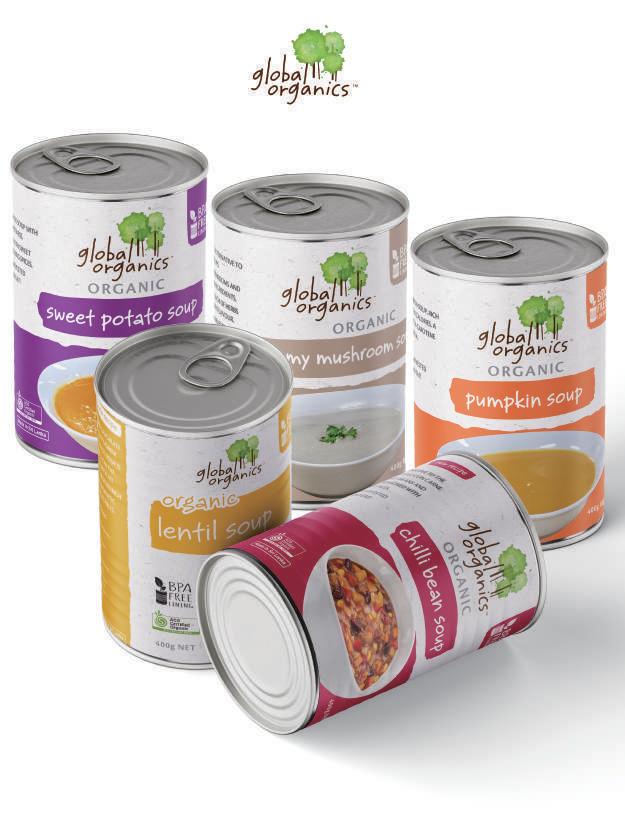


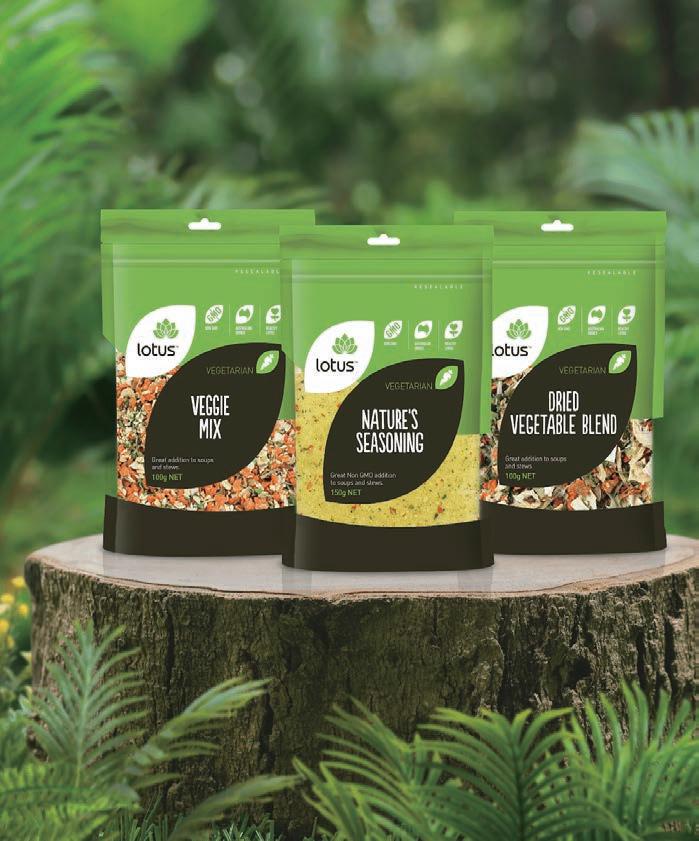

























The Australian organic industry is now valued at over $3.8 billion, with shoppers demanding more from their products — not just purity, but purpose.


Kadac has stood alongside the organic movement since 1973, witnessing its extraordinary growth. What began as a niche for clean, chemicalfree food has become a vibrant, multi-category market focused on personal wellness, planetary health, and product integrity. Grounded in the principles of health, nutrition, and well-being, we have shared this with everyday people for nearly half a century, evolving over time to create a full range of products for every household.

We work closely with more than 100 local Australian and international suppliers to deliver over 1,000 organic, natural, and health products globally. We source our extensive range from the very best across the globe: from raw Australian honey to vine-ripened Italian tomatoes, from rich Canadian maple syrup to sweet Sri Lankan coconut. Every product is selected for its quality, taste, and health benefits bringing the best to your table.


The world is shifting fast. As sustainability becomes essential, organic offers a way forward: farming that nourishes both people and planet But organic is more than clean ingredients. It’s a mindset built on trust, integrity, and lasting impact
86% of Australians prefer to buy environmentally friendly products, even when priced higher reflecting a major shift in priorities: sustainability is no longer a bonus, it’s an expectation.
75% of shoppers believe organic products are safer for their health and the environment.
68% of Australian consumers see organic as contributing to long-term health showing a deeper shift in how people view food as preventive wellness.

59% of shoppers say sustainability influences their purchasing decisions more now than it did a year ago. The rising cost of living hasn’t dulled ethical priorities, it’s sharpened them. People are shopping with conscience.
Organic isn’t just a marketing term. It’s a regulated process grounded in science, agriculture, and ethical responsibility. As more consumers seek products that align with their health and environmental values, certification provides a clear benchmark they can trust. Unlike unverified claims like “natural” or “eco,” a certified organic product has been independently evaluated, inspected at every stage, and approved based on national standards. This assurance sets trustworthy brands apart from mere marketing noise.
Displaying, explaining, and prioritising certified products isn’t just good practice. It deepens consumer trust, elevates your retail credibility, and positions you as a reliable guide in a complex marketplace. Now more than ever, consumers are seeking proof, not promises. Make certification part of the conversation.


Educate and empower. Today’s consumers want more than just healthy products, they want to make meaningful choices that support their wellbeing and the planet. By providing clear information and highlighting certified products, retailers play a vital role in these values-driven decisions.
One of the strongest tools is the BUD certification mark, the logo of Australian Certified Organic (ACO). It represents strict compliance with national organic standards ensuring the product has been ethically grown, carefully processed, and independently verified. In a market flooded with vague claims like “natural” or “eco,” the BUD stands for real integrity. By helping shoppers understand and trust what they’re buying, you create not just a sale, but a long-term relationship.




Lotus™ brings health to the family pantr y with a vast and ever growing range of pantr y staples, specifically picked for quality, taste and health benefits With truth in labelling and ethical and sustainable sourcing as Lotus’ philosophy, the range includes organic and premium ingredients combined with experience and knowledge to give the consumer confidence to trust the integrit y of the products and their labelling
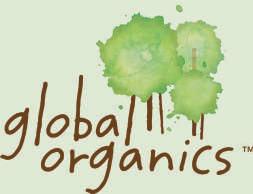

Bringing you the exotic flavours of global cuisines to your table With Global Organics™, we’ll take your taste buds on a trip around the globe, from Italian vine ripened tomatoes to rich Canadian Maple Syrup to sweet Sri L ankan coconut, and that’s just the start With Global Organics vast and growing range we’ll have you cooking up a global storm in no time.
Ambrosia was the first Honey brand in Australia to be certified “Organic” more than 30 years ago Kadac is proud of this heritage as well as providing Raw Honey Ambrosia Raw Organic Honey is minimally processed, cold extracted from the frames, unfiltered and is not heated treated Ambrosia is the closest you can be to having honey straight from the hive.
Wholesome wholefoods to get you through the day is the Real Good Food way This growing brand is full of convenience and innovation With developing products like muesli, cereal s and more, we have you covered for breakfast and snacks It’s easy wholesome foods to enjoy.
Nature First® believes in making what you eat count, putting yourself, your family and the planet first, without compromising on taste and quality With an ethos of providing a range of reliable and nutritious foods for all to enjoy, Nature First’s range of premium and organic foods make a great addition to everyone’s pantry.


BasiK ™ offers a range of organic and premium staple food products Designed to be a price leader in the market, the range includes premium, healthy, free-from and non-GMO products Keeping it simple for everyday use!
Lotus has new additions to the Veggie Range, offering a fresh array of organic, plant-based essentials. From hearty lentils to vibrant beans, each product is chosen for its natural goodness and versatility Free from artificial additives and chemical residues, these pantr y staples help you create satisfying meal s that are both healthy and delicious Enjoy clean, honest food that supports your wellbeing and the planet.




NaturTint harnesses the power of nature to create vibrant hair colour and care products that prioritise health and sustainability Rooted in botanical ingredients and enriched with natural extracts, NaturTint offer s gentle yet effective formulas that respect both hair and scalp Their commitment to natural beauty and environmental responsibility has made them a trusted choice for those seeking quality hair care solutions without compromise.
NaturTint’s Men’s Range is designed specifically for men who want healthy, natural-looking hair colour and care. Using plant-based ingredients and nourishing extracts, these products deliver effective coverage for greys while maintaining hair’s strength and vitality The range offers a gentle, ammonia-free formula that ensures even colour and natural results, making it easy for men to achieve a refreshed, confident look Trust NaturTint for clean, botanical-based colour that’s kind to your hair and the planet.



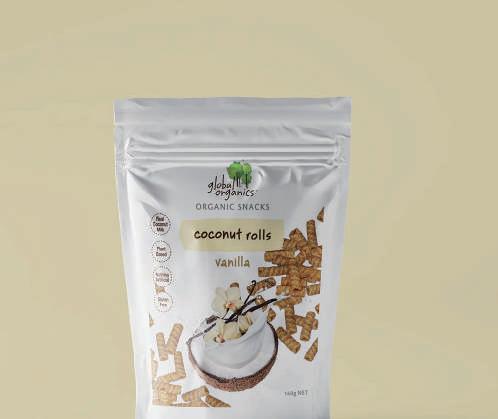




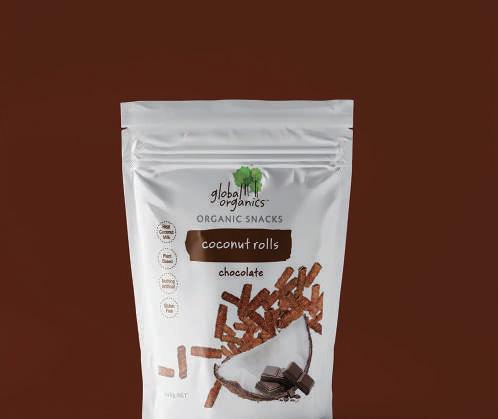

Global Organics introduces a delicious Coconut Snack Range, crafted for mindful snacking and healthy indulgence Made with premium organic coconuts, these bite-sized snacks are lightly toasted and naturally sweet, offering a satisfying crunch without added sugar s or artificial nasties Perfect for on-the-go fuel or an afternoon pick-me-up, the Global Organics Coconut Snack Range is your go-to for pure, simple goodness.
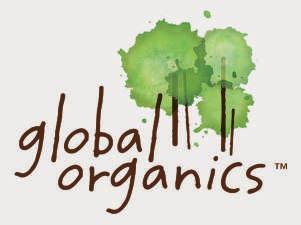

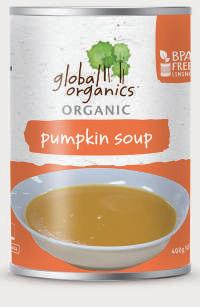
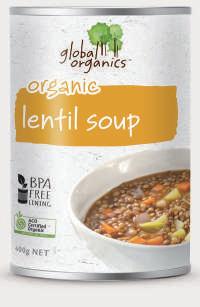
Global Organics brings you a heart y and wholesome Soups Range, crafted with care and integrity to nourish both body and planet. Using only certified organic ingredients, each soup highlights the vibrant flavours of farm-fresh vegetables and aromatic herbs, creating a deliciously satisfying meal that’s as nourishing as it is convenient.
From the warmth of a classic vegetable soup to the earthy goodness of lentil and bean varieties, every spoonful is a testament to Global Organics’ dedication to purity and quality.

Aloe Vera offer s the highest percentage purit y in our juice range, embracing the essence of nature’s vitality Each bottle is carefully packed in glass to guarantee freshness and ensure that you enjoy aloe ver a exactly the way nature intended without the need for preservatives
Aloe Vera Juice Range is designed to support your daily wellness routine, offering gentle hydration and a natural boost for digestion and immune health Choose from a variety of herbal combinations like Herb, Digestion, and Immune blends, or enjoy the pure simplicity of our Natural and Pulp varieties
Crafted from 100% cold-pressed inner leaf juice and free from artificial additives, these juices harness aloe’s soothing properties to nourish your body from within E xperience the clean, plant-based goodness of aloe ver a and embrace a healthier, more balanced lifestyle with ever y glass.


With no artificial additives, preservatives, or GMOs, these soups offer a clean, honest alternative to conventional packaged meals, making it easy to enjoy comforting, homestyle flavours even on the busiest days Ready in minutes, Global Organics Soups Range is perfect for a quick lunch at work, a cozy dinner at home, or a nutritious pick-me-up anytime you need a moment of warmth. Taste the difference that real, organic ingredients make and bring a little bit of nature’s bounty to your table.







Red Seal blends time-tested herbal wisdom with moder n science to create natural health and personal care products Known for their commitment to purity and wellbeing, Red Seal deliver s everyday essential s made with trusted ingredients that suppor t a healthy lifestyle With a focus on quality, affordability, and sustainability, Red Seal has become a household name for natural health in Australia and beyond
Red Seal Strong Mint Toothpaste deliver s a refreshing clean with a powerful mint burst. Formulated with natural herbal extracts and essential oils, it provides effective oral care without harsh chemicals The strong mint flavour invigorates your breath, while the gentle formula helps maintain healthy teeth and gums E xperience a fresh, natural clean every time you brush with Red Seal.
Youngyeon Sandgim Seaweed Snacks are crisp, savoury bites that highlight the natural umami of premium Korean seaweed. Each sheet is lightly roasted to preserve its delicate flavour and satisfy your snack cravings without compromise.
Free from artificial flavour s and packed with essential minerals, these seaweed snacks are perfect for on-the-go energy or as a flavourful topping for r ice and salads E xperience the pure taste of Korea’s coastal bounty with Youngyeon Sandgim.






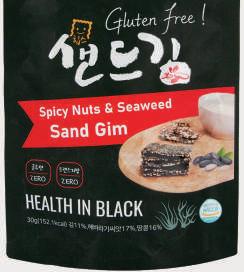
Proudly made in Australia, Lotus LSA Meal, Fibre Cleanse, and Green Banana Flour represent the brand’s dedication to quality, natural ingredients and digestive well ness These pantry staples are not only versatile and nutrient rich but also exclusive to Lotus — offering Australian grown nourishment you can trust. Whether you are blending, baking or boosting your fibre intake, each product is crafted to support your health naturally and deliciously.
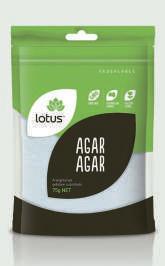

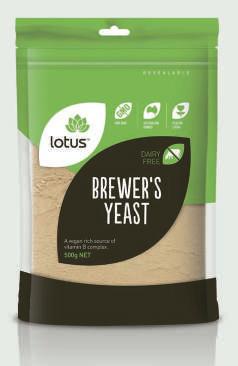
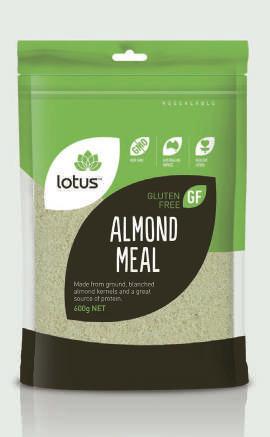

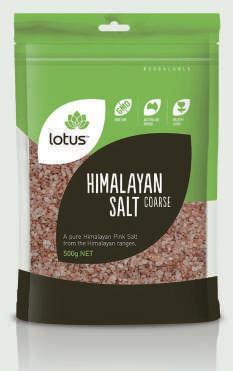


SERVE 6 | PREP TIME: 10 MINS | COOK TIME: 18 MINS
Ingredients:
• 1 cup Lotus Al mo nd Meal
• 1 tsp Lotus Matcha Powder
Pr emium Organic
• 2 tbsp Global Organics Maple Syrup or Ambrosia Honey
• 2 eggs (or flax eggs for vegan)
• 1 tsp baking p ow der
• 1 tsp v anilla extract
• Pinch of Lotus Celtic Sea Salt
Method:
Preheat your oven to 170°C (fan forced) and line a mini muffin tray with paper cases. In a large bowl, mix together Lotus Almond Meal, Lotus Matcha Powder, baking powder, and a pinch of Lotus Celtic Sea Salt. In a separate bowl, whisk the eggs (or flax eggs), Global Organics Maple Syrup or Ambrosia Honey, and vanilla extract until smooth. Pour the wet mixture into the dry ingredients and stir until well combined. Divide the batter evenly between the muffin cases, filling each about three-quarters full. Bake for 15–18 minutes, or until lightly golden and a skewer inserted into the centre comes out clean. Allow to cool slightly before serving.
SERVE 2 | PREP TIME: 10 MINS | COOK TIME: 30 MINS
Ingredients:
• 1 tbsp Lotus Tamari S auce Org anic
• ½ tsp Lotus Himalayan Pink Salt (Coarse)
• 1 cup pumpkin, chopped
• 1 zucchini, chopped
• 1 small red onion, sliced
• 1 tbsp G lo bal Organics Oil Olive Extra Virgin Organic
• 1 cup cooked rice or quinoa
• Fre sh coriander or sesame s ee ds, to serve
Method:
Preheat your oven to 180°C (fan forced) and line a baking tray with paper. In a large bowl, toss the chopped pumpkin, zucchini, and red onion with Global Organics Extra Virgin Olive Oil, Lotus Tamari Sauce, and a pinch of Lotus Himalayan Pink Salt. Spread the vegetables out evenly on the tray and roast for 25–30 minutes, or until tender and lightly golden. Serve warm over a bowl of cooked rice or quinoa, and top with fresh coriander or sesame seeds to finish.


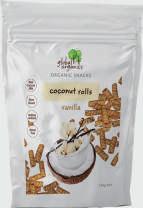



















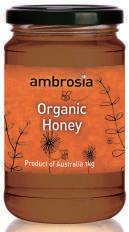
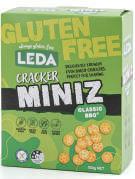

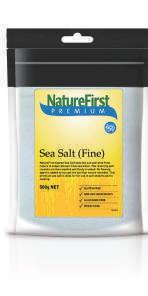


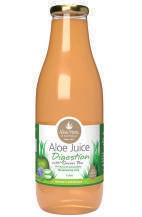

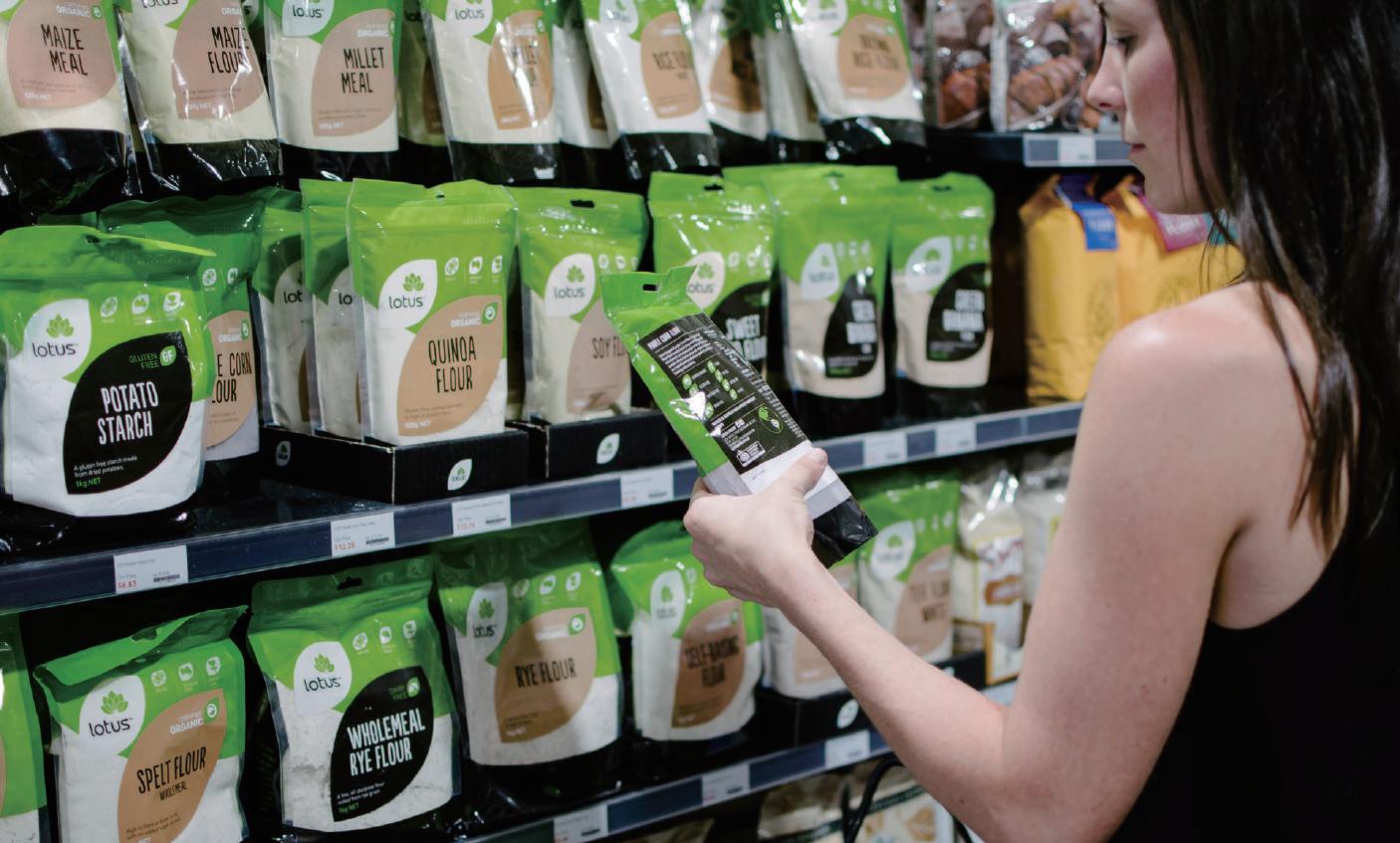


At Kadac, we believe that wellness begins long before a product reaches your kitchen. It starts with the way we source each organic ingredient, the care we put into production, and the values we carry through every stage of our process. From farm to shelf, every decision we make is guided by our commitment to ethical business, community wellbeing and the belief that natural products should be accessible, trusted and truly good for you.


he journey of a Kadac product is one built on trust, responsibility and genuine care. As the authentic provider of organic, natural and health products in Australia, we do more than distribute food. We deliver wellness through every choice we make, every step we take, and every relationship we build. Our purpose is not just about filling shelves. It is about being part of people’s daily lives in meaningful, thoughtful and nourishing ways.
Our products begin with ethically sourced ingredients from growers who share our long-term vision for sustainability, traceability and health. These partnerships are founded on respect and shared values, an ongoing collaboration that ensures consistency and quality from soil to shipment. Once these ingredients arrive in bulk at our facility, they are handled with precision and care by a team that understands the importance of every detail From cleanliness and safety to portioning and packaging, nothing is overlooked.
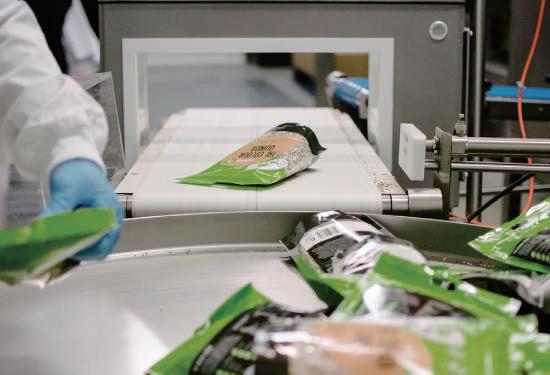
Our production process is not just about packaging. It is about protecting the integrity of each product while ensuring consistency, transparency and freshness at every stage We treat every scoop, seal and label as part of a larger promise that what you hold in your hands is safe, nourishing and made with purpose. It is this level of care that builds the trust consumers place in us and keeps our standards uncompromised.
At Kadac, our mission is to discover, develop and deliver products that are good for you Our vision is to make a real difference to the health and wellbeing of our consumers by providing access to trusted, innovative brands and services that support conscious, balanced living. This purpose is what drives us forward every day. It influences the way we think, the way we work and the way we connect with people from farmers and retailers to families and communities
We act with integrity, hold ourselves accountable and strive to exceed expectations Our culture is built on mutual respect, ethical business practices and the belief that progress is possible only when we listen, learn and improve We invest in strong, long-term relationships with our partners, customers and team members because we know that shared values lead to shared success.
When you choose Kadac, you are not only choosing a product. You are choosing a philosophy that values care over convenience, quality over quantity, and people over profits. You are choosing a brand that stands by its values and stands with you. Together, we move toward a future where food is clean, honest and made to support the best in all of us


In 1973, long before organic food became a household term in Australia, a small family business in Melbourne took a meaningful step toward changing the way people think about health and wellbeing. That business was Kadac, and its mission was simple yet powerful, to make clean, natural and organic choices more accessible to everyday Australians. At the time, organic food was far from mainstream. The concept of eating clean or choosing natural ingredients was still emerging, and access to such products was limited. But Kadac believed in the future of conscious living. The team saw the potential for something better, something lasting, and they committed themselves to being part of that change.
Over five decades later, that early vision has grown into something remarkable Today, Kadac is proud to be one of Australia’s leading distributors of natural and organic products, serving retailers, communities and consumers who value health, transparency and sustainability What sets Kadac apart is its unwavering focus on values. From the beginning, the business has been guided by three core principles — authenticity, sustainability and wellbeing. Every decision, from the brands Kadac partners with to the products it brings to market, reflects these foundational beliefs.
Kadac’s influence is perhaps best seen through its in house brands, which have become staples in homes across the country. These include:
• Lotus, a brand offering organic pantry staples including flours, grains and baking ingredients, packed in allergen friendly Melbourne facilities and sealed for lasting freshness.
• Global Organics, a brand offering organic sauces, canned vegetables and condiments made with real ingredients, independently certified and completely GMO free.
• Nature First, a brand focused on wholesome, allergen friendly pantry products made from responsibly sourced ingredients and packed locally.
• Ambrosia, a brand known for organic honey, peanut butter and sweeteners, using local ingredients and minimal processing since 1981
• Real Good Food, a brand offering organic mueslis, toppers, baby cereals and snacks made with GMO free ingredients and blended in Melbourne
• Basik, a brand offering organic and premium staple foods at competitive prices, exclusive to independent grocers and made with trusted Australian quality.
These brands reflect Kadac’s commitment to clean, nourishing and sustainable products. Every item is carefully selected to meet high standards in quality, purity and ethics. Proudly 100 percent Australian owned, Kadac supports independent retailers, local supply chains and ethical sourcing to help strengthen communities. Beyond distribution, Kadac actively promotes healthy living and sustainability through innovation, transparency and education, continuing to lead with integrity and purpose. As consumer demand for better, cleaner and more ethical products grows, Kadac remains committed to walking alongside that journey. It is not just about selling products. It is about creating a shared vision for a healthier future.
We are grateful to have grown together with the people and communities who believe in our purpose. From humble beginnings to a national footprint, the Kadac story is one of resilience, passion and partnership.
Thank you for being part of our journey. As we look to the future, we remain inspired to keep doing what we have always done. Making wellness simpler, better and more accessible for all
Here is to the next chapter in our shared journey toward better living.
Connecting with Our Community at the Australia–China Economic Trade & Investment Expo

From August 14 to 16, 2025, Kadac proudly participated in the Australia China Economic Trade and Investment Expo (ACETIE), held at the Melbourne Convention and Exhibition Centre. This three day event marked a vibrant celebration of innovation, collaboration and international exchange. And for us, it was a wonderful opportunity to connect with like minded individuals who share a passion for natural health and sustainable living.
Our booth showcased the heart of what Kadac stands for: a commitment to quality, integrity and wellbeing Designed with warmth and accessibility in mind, the space invited visitors to experience our carefully curated selection of natural and organic products. From pantry staples like Global Organics and Lotus to trusted favourites such as Ambrosia Honey and Naturtint, attendees were able to explore our diverse wellness range firsthand. It was a proud moment for our team to see so many people from health conscious consumers to business owners and international distributors, engage with our brands and values
The booth experience was brought to life by our dedicated team members: Export Manager Susanna Bai, Marketing and Graphic Designer Hailey Kang, and IT and Office Manager Evelyn Dong Together, they created a welcoming space where guests could learn more about Kadac s legacy, ask questions about our product lines, and understand our commitment to sustainability and ethical sourcing From discussing clean ingredient panels to sharing tasting experiences, the conversations flowed with energy, curiosity and genuine connection

Being part of ACETIE also allowed us to reconnect with loyal customers and meet new ones face to face. In an increasingly digital world, moments of in person interaction are rare and meaningful. Hearing feedback directly from our community reminded us why we do what we do, to empower people to make healthier choices and to support a marketplace built on trust and transparency.
This event was more than a trade show. It was a milestone in Kadac’s journey of expansion and outreach. As we continue to grow our export initiatives, events like ACETIE serve as a platform to foster global partnerships, understand evolving market needs, and stay inspired by the future of natural health
We are truly grateful to everyone who visited our booth, asked thoughtful questions, and shared in our mission. The warm response reinforced the importance of connection, not just between people and products, but between values, cultures and visions for a healthier world.
We look forward to nurturing the many new relationships sparked during the expo and continuing to bring Kadac’s trusted, natural wellness solutions to more homes and communities across the globe.
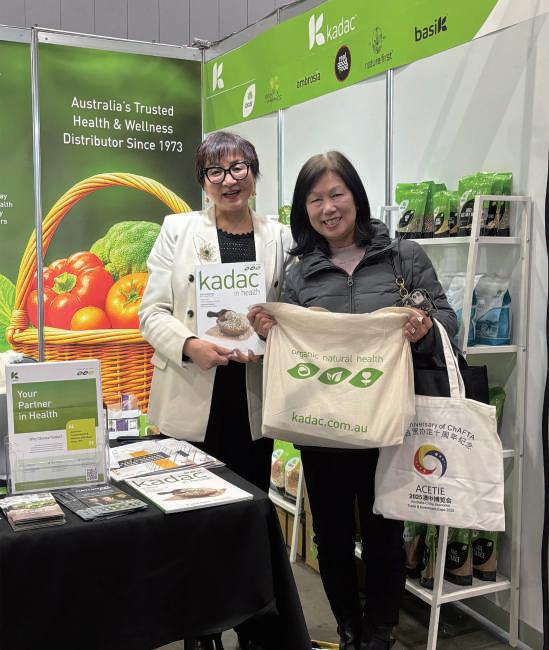
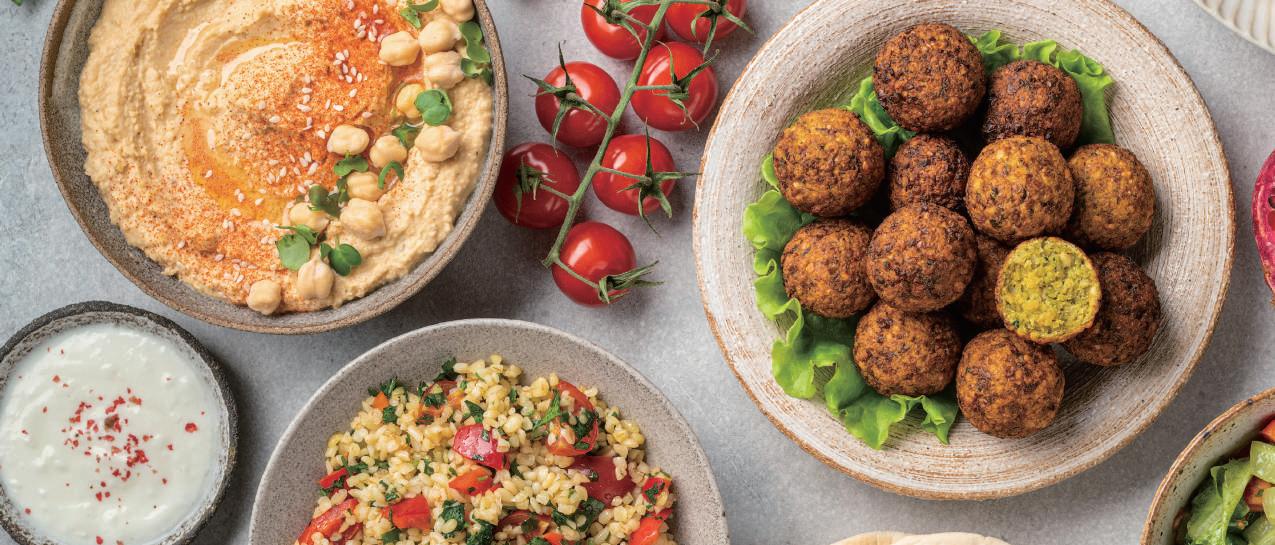
In our modern world, supermarkets offer the same produce year-round, often shipped from far away. But more Australians are turning to seasonal eating
A simple, powerful way to nourish the body, support local communities, and reconnect with nature.
n our fast-paced, globalised world, we’re often disconnected from the natural cycles that shape our food. Supermarket shelves are stocked with the same fruits and vegetables year-round, flown in from every corner of the world. But there’s something profoundly grounding and surprisingly beneficial about returning to the practice of seasonal eating Eating seasonally means choosing produce that’s grown and harvested at its peak, following the rhythms of the seasons. In Australia, this might look like enjoying crisp apples and sweet pears in autumn, juicy tomatoes and stone fruits in summer, or hearty root vegetables and leafy greens in winter. Beyond simply embracing variety, seasonal eating offers a wealth of advantages that go far beyond what’s on your plate.
One of the most compelling reasons to eat seasonally is the nutritional boost it offers. Fruits and vegetables harvested at their natural peak are brimming with vitamins, minerals and antioxidants. Think of the burst of vitamin C in freshly picked citrus during winter, or the rich iron and calcium found in dark leafy greens. Unlike imported or out-of-season produce, which is often picked early and ripened in transit, seasonal foods develop fully, giving you the maximum benefit nature intended. But it’s not just about the nutrients. The taste of seasonal produce is hard to beat. When fruits and vegetables ripen naturally, they develop a sweetness and depth of flavour that simply can’t be replicated. Anyone who s bitten into a sun-ripened tomato or
tasted fresh corn in late summer knows there’s no substitute for food that’s in its prime. Eating with the seasons can transform everyday meals into celebrations of flavour, reducing the need for heavy seasonings or added sugars.
Beyond personal health and taste, seasonal eating also carries important environmental benefits. Eating what’s in season often means eating what’s grown closer to home, cutting down on the carbon footprint associated with transporting food across the globe. Local, seasonal produce doesn’t rely on energyintensive hothouses or artificial lighting to grow out of season. It grows in step with the natural world By choosing these foods, you’re

supporting farming practices that align more closely with the earth s cycles a nd help to preserve biodiversity.
There’s also a ripple effect for local economies and farming communities. When we buy food that’s in season and grown locally, we’re investing in our regional farmers and producers. This keeps money circulating within the community, strengthens local economies and builds relationships between consumers and growers. It’s a simple way to support the people who work so hard to bring good food to our tables and to feel more connected to where that food comes from
The benefits of seasonal eating even extend to our gut health. Rotating your diet with the seasons means your body gets a wider range of plant fibres and nutrients, which can help to nourish a more diverse gut microbiome
A balanced, healthy gut is linked to everything from better digestion to a stronger immune system and reduced inflammation. By eating in tune with the natural world, we’re also supporting the natural rhythms within our own bodies. On a deeper level, eating with the seasons encourages us to be more mindful and present in our daily lives. It invites us to slow down and savour the simple pleasures of food that’s truly in season. A practice that can be both grounding and uplifting. There’s a quiet joy in knowing that your meals are shaped by the same forces that bring the first buds of spring or the soft rains of autumn. Seasonal eating can
reconnect us to a sense of place and tradition that’s often lost in the convenience of modern supermarkets.
So how can you start making seasonal eating a part of your life? One of the best places to begin is by learning what s in season in your region. In Australia, resources like local farmers’ market guides and seasonal produce calendars can help you identify what to look for and when. Shopping at farmers’ markets or independent grocers who source locally is another great step Not only will you find the freshest produce, but you ll also have the chance to talk to growers and learn about where your food comes from. Planning meals around what s in season can also open up new possibilities in the kitchen. Rather than sticking to the same recipes, let the changing harvest inspire you. Explore different varieties of fruits and vegetables as they come into their prime and consider preserving or freezing your favourites to enjoy later in the year.
Ultimately, seasonal eating isn’t just about what s on your plate. It’s about embracing a philosophy of living in harmony with the natural world. It’s about celebrating the diversity of what the earth offers throughout the year, and recognising the important role we play in sustaining it. By reconnecting with the seasons, we’re not only nourishing our bodies but also fostering a more resilient, sustainable food system for generations to come.

In recent years, plant-based living has transitioned from a niche dietary choice to a global movement embraced by people from all walks of life. Driven by a combination of health concerns, heightened environmental awareness, and ethical considerations about animal welfare and sustainability, an increasing number of individuals are choosing to base their diets around plant-derived foods. This shift has been fuelled by growing access to reliable information about the benefits of plant-based eating, the rising availability of innovative and delicious plant-based products, and a cultural change that values food choices aligned with long-term wellbeing and planetary care.
Far from being a fleeting trend, this movement is rooted in a deeper understanding of how our diets connect to broader social and ecological systems. The move towards plant-based eating is not only transforming personal health outcomes, from improved digestion to reduced risk of chronic diseases, but is also reshaping global food systems and agricultural practices. With more people demanding plant-based options, farmers and producers around the world are adapting to meet this demand, contributing to shifts in land use, supply chains, and even local economies. As a result, the rise of plant-based living is shaping not just what we eat, but how we think about food, health, and our place in the natural world.
Adopting a plant-based diet offers numerous health advantages, touching on almost every aspect of wellbeing. Studies have shown that diets centred around fruits, vegetables, legumes, whole grains, nuts, and seeds can provide a range of benefits, including supporting weight management and reducing the risk of chronic diseases. Research consistently highlights that plant-based diets are associated with lower mortality rates and significantly reduced risks of conditions like type 2 diabetes, heart disease, certain types of cancer, and cognitive decline For instance, regularly including tofu in meals — a versatile and nutrient-dense plant-based protein — has been shown to offer several health benefits due to its rich content of isoflavones, calcium, and folate. These essential nutrients can help promote strong bones, heart health, and hormonal balance. The benefits of plant-based eating extend beyond physical health to include improved energy levels, better digestion, and enhanced overall vitality. All these findings highlight the potential of plant-based diets in promoting lifelong health and wellbeing, offering a simple yet powerful foundation for a balanced lifestyle.

Beyond the impressive health advantages, shifting towards plant-based diets significantly benefits the environment in numerous ways. Research suggests that if everyone shifted to a plant-based diet, global land use for agriculture would be reduced by as much as 75 percent. This dramatic reduction not only conserves precious natural habitats but also decreases greenhouse gas emissions associated with intensive animal agriculture, which is a leading contributor to climate change. Furthermore, plantbased diets typically require far less water and energy resources compared to raising livestock. This more sustainable use of resources helps to protect delicate ecosystems and promote biodiversity, creating a more resilient food system for future generations. Embracing plant-based eating can be a meaningful step towards reducing our environmental impact and supporting a healthier planet for all
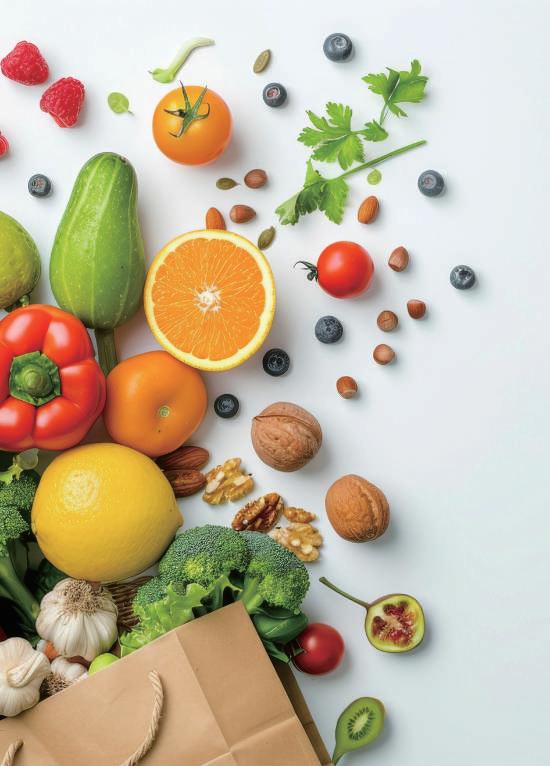
Embracing plant-based diets also offers notable economic advantages that extend beyond individual wellbeing. A recent study estimated that if just 10 percent of the population switched to a soy-based diet, there would be an increase of 154 Quality of Life Years per 1,000 people and a substantial decrease in healthcare costs of $1.9 billion over the next 20 years in Belgium. In the UK, the National Health Service could save an estimated £6.7 billion every year if everyone adopted plant-based eating patterns. These potential savings could be redirected to critical areas of the healthcare system, such as preventative care and community health programs, improving access and outcomes for everyone. The broader societal benefits of dietary shifts show that choosing more plant-based meals is not only good for personal health but also for the collective wellbeing of our communities and the sustainability of our healthcare systems References: Verywell Health: “Is the Plant-Based Diet Healthy? (Plus Tips for Getting Started)” (verywellhealth.com), Verywell Health: “What Happens to Your Body When You Eat Tofu Regularly” (verywellhealth.com), Our World in Data: “More plant-based diets tend to need less cropland” (ourworldindata.org), ScienceDirect: “The Environmental Sustainability of Plant-Based Dietary Patterns: A Review” (sciencedirect.com), Chaney Health: “The Economic Benefits of Plant-Based Diets” (chaneyhealth.com), Plant Based News: “The NHS
(plantbasednews.org).

The coconut palm (Cocos nucifera), often called the “Tree of Life,” thrives in tropical climates and plays a vital role in both ecosystems and local economies. It s well-adapted to sandy coastal soils, where its tall, arching fronds provide shade and shelter while stabilising the land against erosion. The coconut palm’s presence also supports biodiversity, creating habitats for insects, birds, and small animals
A coconut’s journey begins on these tall palms, taking about 12 months to mature and develop its nutrient-rich contents. The tropical sun and rainfall infuse each coconut with essential nutrients that have sustained coastal communities for generations. Once harvested, every part of the coconut has a purpose. The clear, slightly sweet water is prized for its natural electrolytes and hydrating qualities. The firm, fibre-rich meat is celebrated for its creamy texture and healthy fats, while coconut oil is valued for its versatility and nourishing properties. Even the fibrous husk, called coir, finds new life as eco-friendly mats, ropes, and biodegradable planting pots. Together, these diverse components find their way into countless products worldwide, showcasing the coconut’s incredible versatility and enduring importance.
















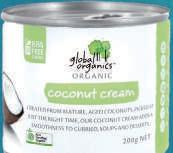




Coconuts are not only versatile but also packed with nutrients that support a healthy lifestyle in countless ways. The white, fleshy meat is rich in dietary fibre and healthy fats, particularly mediumchain triglycerides (MCTs), which are known to support metabolism and provide a quick source of energy Coconut water, the clear liquid inside young coconuts, is a natural source of electrolytes like potassium and magnesium, making it an excellent hydrating beverage that’s especially refreshing in tropical climates. In addition to the meat and water, coconut oil contains lauric acid, which has antimicrobial properties and has long been used in traditional remedies to promote skin and hair health These nutritional benefits highlight why coconuts have earned their place as a valuable component of balanced diets around the world.
The coconut tree itself is a remarkable example of sustainability and environmental stewardship. Unlike many other commercial crops, coconut palms thrive in diverse soil conditions and require fewer chemical inputs, helping to stabilise fragile soils and reduce the impact of farming on natural ecosystems. The fibrous husk, known as coir, is an
invaluable by-product, transformed into durable mats, brushes, ropes, and even biodegradable planting pots that further reduce waste and support green living practices. Coconut palms also play an important role in carbon sequestration, absorbing carbon dioxide from the atmosphere and helping to mitigate the effects of climate change. The zero-waste philosophy that guides coconut processing ensures that every part of the tree and fruit is used, from the roots to the leaves, embodying a holistic approach that respects and works in harmony with nature.
Beyond these nutritional and environmental benefits, coconuts hold substantial economic and cultural significance for many communities. In tropical countries across Asia, Africa, and the Pacific, coconut farming supports the livelihoods of millions of people, from smallholder farmers tending their groves to skilled artisans who craft everyday items from coconut shells and fibres. In these regions, coconuts are woven into the very fabric of life, featuring in traditional recipes and festive dishes, religious ceremonies, and folklore, where they symbolise prosperity, resilience, and the interconnectedness of life. The global demand for coconut-
based products continues to rise, reflecting a growing appreciation for this remarkable fruit’s multifaceted contributions to health, sustainability, and culture. As more people around the world rediscover the humble coconut’s many uses and benefits, it remains a powerful symbol of nature’s generosity and the resourcefulness of the communities who have long known its worth
References: Healthline: “Coconut Meat: Nutrition, Benefits, and Downsides” (https://www.healthline.com/ nutrition/coconut-meat) EatingWell: “The Health Benefits of Coconut” (https://www. eatingwell.com/article/274802/ the-health-benefits-ofcoconut-coconut-oil-coconutmilk-coconut-water-coconutflour-more/) UG Enterprises: “The Environmental Impact of Coconut Farming” (https:// ugenterprises.com/blog/ the-environmental-impactof-coconut-farming%3Amyths-and-realities), SpringerLink: “The Economic Social and Environmental Importance of Coconut” (https://link.springer.com/
Seaweed, often referred to as marine algae, has been a staple in various cultures for centuries, celebrated for its rich nutritional profile. Packed with essential vitamins and minerals, seaweed is particularly noted for its high iodine content, crucial for optimal thyroid function. Additionally, it offers a wealth of antioxidants, including vitamins A, C, and E, which combat oxidative stress and support overall health. The presence of omega-3 fatty acids and fiber further enhances its reputation as a superfood, promoting heart health and aiding digestion





eaweed is far more than just a culinary staple. It plays an increasingly vital role in environmental protection, sustainable economic development, and the creation of innovative industrial solutions. Its capacity to absorb carbon dioxide makes it an incredibly important ally in the fight against climate change Recent research suggests that seaweed can absorb around 0.7 gigatons (Gt) of carbon every year, accounting for roughly 35% of the ocean’s annual net carbon uptake. This remarkable natural process positions seaweed as a significant carbon sink, helping to counterbalance greenhouse gas emissions and contributing to global efforts to mitigate the climate crisis
In addition to its environmental benefits, seaweed farming is recognised as a highly sustainable agricultural practice. Unlike many other crops, seaweed requires no freshwater, no synthetic fertilisers, and no arable land to thrive. It grows rapidly, making it an efficient and resource-light option for farmers. For example, Indonesia has become the world’s largest producer of red seaweed species like Kappaphycus and Eucheuma, which are cultivated for their carrageenan content. These seaweed farming operations provide reliable income and job opportunities for thousands of small-scale coastal farmers, boosting local economies and improving livelihoods. In many coastal communities across Southeast Asia and beyond, seaweed cultivation has become a critical part of regional development, blending traditional practices with modern market demands.
Beyond its traditional uses in food, seaweed’s versatility has unlocked new avenues for innovation Researchers and entrepreneurs are exploring ways to use seaweed in creating biodegradable plastics, offering a sustainable alternative to petroleum-based packaging Companies such as Notpla have pioneered the development of seaweed-based materials that can be used for single-use food containers, cosmetic packaging, and more. These seaweed-based bioplastics naturally decompose, helping to combat the growing problem of microplastics in marine environments and beyond. Additionally, seaweed extracts are increasingly used in natural biofertilisers, offering a regenerative alternative to chemical fertilisers that supports healthier soils and promotes biodiversity in agriculture. In the cosmetic and pharmaceutical industries, seaweed’s unique bioactive compounds are harnessed for their skin-nourishing and therapeutic properties, providing another avenue for innovation and growth
Seaweed’s multifaceted role highlights its importance as a powerful tool for balancing environmental sustainability, economic opportunity, and cultural heritage. It symbolises a harmonious relationship with nature and a resourcefulness that has sustained communities for centuries. As demand for sustainable solutions and climate-friendly materials continues to rise, seaweed’s story is evolving from a traditional food source to a beacon of innovation and resilience in an increasingly interconnected world.
ScienceDirect: “Seaweed’s role in carbon sequestration” (https://www.sciencedirect.com/ science/article/pii/S0048969724071237), MDPI: “Seaweed farming in Indonesia and social development” (https://www.mdpi.com/2071-1050/13/19/10946), Architectural Digest: “How seaweed can keep plastics out of the ocean” (https://www.architecturaldigest.com/story/ how-seaweed-can-keep-plastics-out-ocean)

ustainable sourcing is no longer just a buzzword. In 2025, it has become an essential part of business strategy that resonates across industries and communities. From innovative tech solutions and transparent supply chains to responsible partnerships and local support, businesses in Australia and around the world are redefining how they source their products and materials. It is about building resilience and profitability, but also about showing leadership in caring for people and the planet. This year, we explore the many ways that businesses are embedding sustainability into their sourcing practices, not as an afterthought, but as a foundation for the future.
In 2025, sustainable sourcing has become an essential part of doing business, not just a passing trend. Australian companies, along with their global counterparts, are increasingly embedding environmental, social and governance (ESG) principles into their supply chains to meet tougher regulations, rising consumer expectations and the urgent need to protect the planet. This shift is driven by the understanding that responsible sourcing practices are vital for long-term resilience, profitability and brand trust.
One of the key forces shaping sustainable sourcing today is the growing environmental impact of global supply chains. Research from the Carbon Disclosure Project (CDP) shows that supply chain emissions can be more
than 11 times higher than a company s own operational footprint. This highlights the scale of the challenge and the urgent need for businesses to take responsibility for every link in their supply chain, from the raw materials they use to the products on their shelves. Technology is playing a crucial role in helping businesses make this shift. In Australia and beyond, innovative platforms like Treefera are harnessing artificial intelligence and satellite imagery to give companies real-time insights into the early stages of their supply chains. This technology helps businesses track whether their suppliers are truly meeting environmental and ethical standards, empowering them to make informed decisions and build more transparent, accountable relationships with partners.
Another major development in 2025 is the growing focus on natural capital and biodiversity. Companies are realising that healthy ecosystems are not just a moral priority but also a business imperative. In Australia, the emergence of biodiversity credit markets is a sign of this shift, providing new ways for businesses to invest in conservation and support local communities while strengthening their own sustainability goals. These initiatives align with a broader global movement to integrate ecological values into economic decision-making, showing that environmental stewardship and economic growth can go hand in hand. At the same time, companies face real challenges in making sustainable sourcing work on the ground. Many suppliers are grappling with complex reporting requirements and
data requests from different brands, which can be costly and time-consuming. There is a growing push for better harmonisation and streamlined processes to reduce the burden on suppliers and ensure that sustainability efforts are effective and fair across the board.
For Australian businesses, sustainable sourcing also means supporting local growers and industries wherever possible. Choosing locally grown or locally made materials can help reduce transport emissions and keep dollars circulating within the community, reinforcing the link between environmental goals and social wellbeing. It’s about building supply chains that reflect shared values and create positive impacts well beyond the bottom line
In 2025, sustainable sourcing is more than just good PR or a box to tick on a report. It’s a fundamental shift in how businesses think about their role in the world and their responsibility to people and the planet Companies that embrace this change are not only safeguarding their own future but also helping to shape a more sustainable and equitable global economy By investing in transparent, ethical and environmentally conscious sourcing practices, they’re setting themselves up to thrive in a world that increasingly values trust, integrity and genuine impact.



References: CDP: “Strengthening the Chain” (https://www.cdp.net/en/insights/strengthening-thechain), Treefera: “How AI Can Support Transparency in Supply Chains” (https://www.businessinsider.com/pitch-deck-treeferafunding-series-b-climate-supply-chain-ai-2025-6), Financial Times: “Why nature loss matters to companies” (https://www.ft.com/content/c325ac02-

For millennia, humans have turned to nature to enhance the visual appeal of their food. Ancient civilizations utilised ingredients like saffron, beetroot, turmeric, and pomegranate to impart vibrant hues to their dishes. These natural dyes were not only aesthetic but also held cultural and medicinal significance. The advent of synthetic dyes in the 19th century offered brighter colours and longer shelf lives, but concerns over health and environmental impacts have led to a resurgence in natural alternatives.
As we enter 2025, the movement towards natural food colouring is no longer a passing interest. It is a conscious shift in how we view what we eat. Consumers today are more informed and curious. They want to know not just what goes into their food, but why With increased scrutiny around artificial additives, particularly for children, natural alternatives have taken centre stage. Social media has also played a major role. Bright pinks from pitaya, blues from butterfly pea flower, and deep purples from blackberries have become staples in visually stunning dishes that celebrate wellness. These colours do more than decorate, they symbolise a lifestyle rooted in nature, nutrition, and self-expression
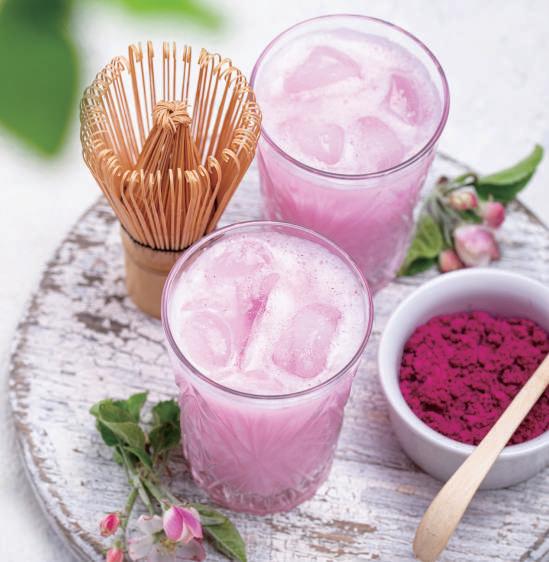
”Nature’s colours are more than beautiful. They nourish, heal, and connect us to where our food comes from.”
3
What sets natural food colouring apart is its function beyond appearance. Many of these plant-based ingredients contain valuable antioxidants, vitamins, and compounds that support overall wellbeing Turmeric, for example, contains curcumin, a powerful anti-inflammatory. Beetroot offers nitrates that support heart health. Even spirulina, used for its striking bluegreen pigment, provides a rich source of protein and iron. Unlike synthetic colourings, which are often linked to hyperactivity and allergic responses, natural colourants can work in harmony with the body, supporting a balanced and nourishing diet.



• Hydration and gentle nourishment: Soup provides hydration and is easy to chew and digest Perfect for seniors who might struggle with harder foods.
• Nutrient-rich ingredients: Vegetable-rich soups deliver essential vitamins, minerals, fibre and protein needed to support health, strength and digestion
• Immune and heart support: Ingredients like carrots, squash, legumes and lean proteins offer antioxidants and omega-3s that protect against winter ailments and boost cardiovascular health.
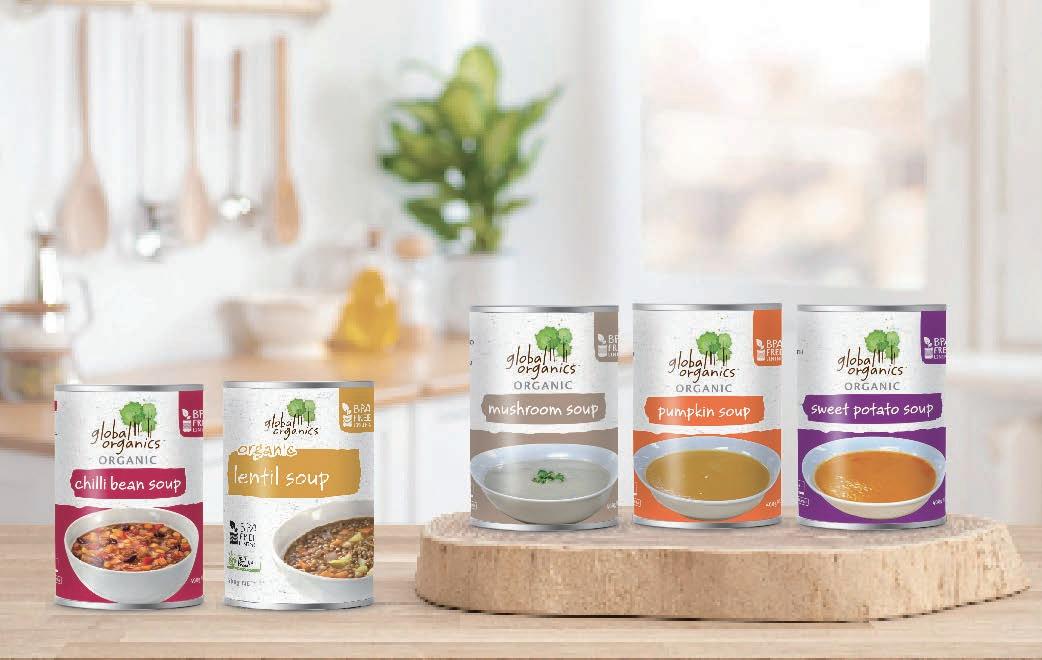
Many older Australians often rely on coffee, tea and biscuits in winter. While comforting, these options lack the nutrition needed for good health. Switching to hearty, ready-to-eat soups offers a simple, nourishing alternative that supports wellbeing through the colder months
As the temperature begins to dip, many older Australians naturally gravitate towards simple comforts like cups of tea or coffee, sweet biscuits, and ready-made snacks. While these choices may offer momentary warmth or familiarity, they often lack the essential nutrients needed to support sustained energy, a resilient immune system, and long-term wellbeing Over time, a diet centred around processed convenience foods that are high in sugar and low in fibre, protein, and antioxidants can contribute to a number of health concerns. These may include chronic fatigue, joint pain, poor digestion, lowered immunity, and an increased susceptibility to illness or inflammation
Preparing full, nourishing meals every day can feel like a daunting task, particularly for seniors living alone, experiencing mobility issues, or managing reduced appetite. In these situations, it s not uncommon to skip meals or reach for something easy, even if it’s not the most nutritious option. That’s why canned organic soup offers such a valuable and practical solution. It combines the comfort of a warm, homemadestyle meal with the convenience of ready-to-eat simplicity. In just a few minutes, it provides a way to eat well without the stress of planning, chopping, peeling or cooking from scratch.
Crafted with certified organic ingredients, these soups feature whole vegetables, legumes, grains, and aromatic herbs carefully selected for both flavour and nutritional value. With no artificial additives, preservatives or unnecessary salt, every bowl delivers a balanced combination of plant-based protein, dietary fibre, essential vitamins and minerals. These nutrients help support digestive regularity, maintain hydration, strengthen immunity, and promote better ageing from within. More than just a quick fix, our soups represent a more thoughtful approach to wellness, proving that nutritious, satisfying meals can still be convenient and affordable.
By offering a delicious, nourishing option that fits seamlessly into a winter routine, organic soups are helping to reshape the way we think about ageing, nutrition and self-care. Whether enjoyed for lunch, dinner or a light supper, they’re a reminder that good food doesn’t have to be complicated and that everyone deserves a warm, healthy meal they can feel good about.



The habits we form in childhood shape how we eat, live, and care for ourselves throughout life. Early experiences with wholesome food and shared meals build a strong foundation for lifelong wellbeing, creating lasting patterns of nourishment, comfort, and mindful choices.

The foundations of lifelong wellbeing are often laid in early childhood, and few things are as influential as diet. The food choices we are exposed to as children have lasting effects not only on our physical development but also on the emotional and behavioural patterns we carry into adulthood Teaching healthy eating habits from the beginning is not simply a lifestyle choice, it is a long-term investment in a child’s future.
From the moment babies begin solid foods, they start forming taste preferences. These early exposures often become lifelong habits. If a child grows up with regular meals made from fresh, unprocessed wholefoods, they are more likely to reach for these same foods later in life. Conversely, when comfort is consistently associated with highly processed snacks or sugary treats, it becomes harder to break those patterns in adulthood
Nutritionally, the early years are especially critical. During this period, the body is building cells, organs, and neural pathways, all of which rely on nutrients like quality proteins, healthy fats, minerals, and plant-based phytonutrients. Moreover, the gut microbiome, a community of beneficial bacteria essential for digestion, immunity, mood, and even cognitive function, is largely established by the age of three. A diet rich in dietary fibre from vegetables, fruits, legumes, nuts and seeds helps develop a healthy microbiome. On the other hand, excessive processed foods and sugar can lead to imbalances that affect not just physical health but also emotional balance and mental clarity.
Childhood obesity, and the chronic illnesses it often leads to such as diabetes, cardiovascular disease and depression, are becoming increasingly common in Western societies Research now confirms that excessive weight gain in childhood strongly correlates with obesity
later in life. Preventative action through nutrition education and wholefood exposure is therefore not just beneficial, it is essential
But forming good habits is not only about nutrients, it is about experience and emotion
Food memories tied to love, comfort, and security shape our instincts. If children associate nourishment with shared family meals and vibrant, fresh ingredients, those associations will carry emotional weight into adulthood. In contrast, food consumed in isolation, especially in front of screens, or fast food rewarded as a treat, may foster habits disconnected from wellness and mindful eating.
So where do we begin? The truth is, building a healthy diet does not have to be complicated
Keep it simple and consistent. Involve your child in the process—let them help choose fresh produce, prepare simple meals, and experience food with curiosity and joy. Lunchboxes can be filled with colour and texture—think crunchy veggies, fresh fruit, whole grains, and occasional homemade snacks. Keep sweets and processed options as rare treats, not daily staples.
Practical tips include using herbs and spices to make meals more exciting, cooking in bulk when time is tight, and ensuring your pantry is stocked with wholefood essentials instead of packaged temptations. Shopping at local markets not only supports community growers but introduces children to the origin of their food, encouraging appreciation and mindfulness. Reducing exposure to junk food advertising also goes a long way in curbing unnecessary cravings
Ultimately, healthy eating should be a natural part of family life, something that flows with the rhythm of your home rather than a stressful or overthought task. With a little planning and shared responsibility, it becomes a joyful, nourishing routine that sets your child up for a lifetime of physical and emotional wellness.
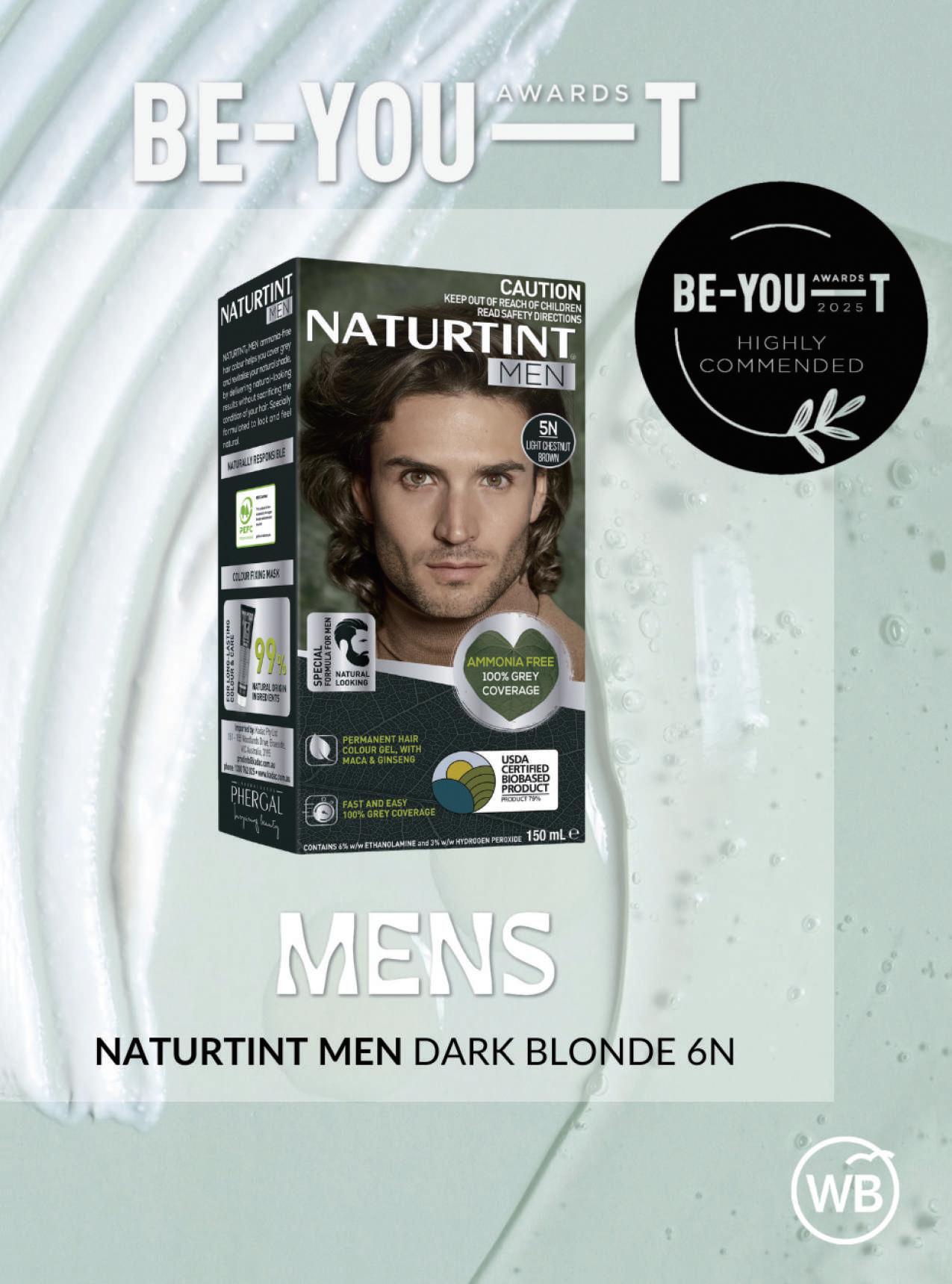

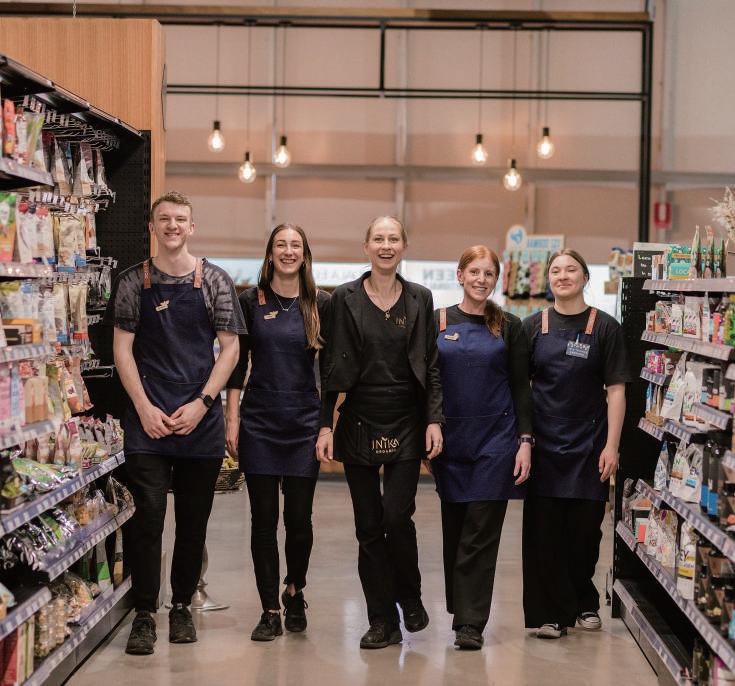
Good Food Emporium shares their story of creating a welcoming space for natural and organic living, a place where community, trust, and wellness come together For more than six years, Kadac has been an essential partner in this journey, supporting their mission with quality brands that customers love and rely on every day.
Can you tell us a little about your shop and how it started?
Our shop started with a simple passion: to make healthy, wholesome food and products accessible to our local community We noticed a need for a place where people could find a carefully curated selection of natural and organic goods, and we wanted to create a welcoming space where customers could feel good about what they were buying. It s been a journey of learning and adapting, and we’re so grateful for the support we’ve received from our customers and industry partners along the way.
How long have you been working with Kadac?
We’ve been working with Kadac for 6 years now. It feels like we’ve grown together. Their commitment to quality and their wide range of fantastic products have made them an essential partner for us from the beginning.
What do your customers love most about the products you stock from us?
Our customers consistently tell us they love the quality and trustworthiness of the Kadac brands. They appreciate the clean ingredients, the thoughtful sourcing, and the fact that they can rely on the products to be exactly what they say they are. It’s also the variety—from staple items to new, exciting finds—that keeps them coming back.
What first attracted you to Kadac’s brands?
What first attracted us was the sheer quality and integrity of the brands.
We do a lot of research on the products we bring in, and Kadac s portfolio really stood out. Their focus on natural, organic, and healthy options aligned perfectly with our mission, and we were confident that our customers would love them as much as we do
Which Kadac products are customer favourites in your store?
There are quire a few Our customers can’t get enough of the Ambrosia Raw Organic Honey with its amazing health benefits straight from the hive. The Lotus range of wholefood pantry products are all best sellers and have become daily staples for our community.

What role do health/natural/organic products play in your retail approach?
They are at the very heart of our retail approach. We believe that what we put in and, on our bodies, makes a huge difference to our well-being. Our entire store is built around this philosophy, and we see it as a responsibility to provide products that support a healthy lifestyle. It’s more than just selling products; it s about being a resource for our community and helping people make informed choices.
Do you have a memorable customer story or success moment linked to our products?
We had a customer who had been struggling with a particular health issue and an extremely limited diets for a while. She had tried so many things with no luck. After talking with her, we recommended The Global Organics coconut cream because it is very pure and has no added stabilisers or gums. She returned with a huge smile on her face, telling us how much it had helped. A few years later, and she comes back every month to purchase her dozen. Seeing the tangible positive impact on her life was an incredibly rewarding moment for us
How do you see the natural/organic retail space evolving in the next few years?
We think we’ll see a continued focus on transparency and sustainability. Customers are becoming more and more interested in where their products come from, how they’re made, and the impact they have on the environment. We also believe there will be a greater emphasis on personalized nutrition and wellness, with retailers offering more tailored solutions to meet individual needs.
What inspires you most about running your store?
What inspires us most is the connection we have with our community. It’s so rewarding to talk with customers, hear their stories, and help them on their wellness journeys. Knowing that we’re playing a small part in people living healthier, happier lives is what gets us out of bed in the morning. Rise and shine, honeybees!




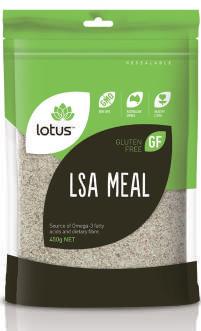



























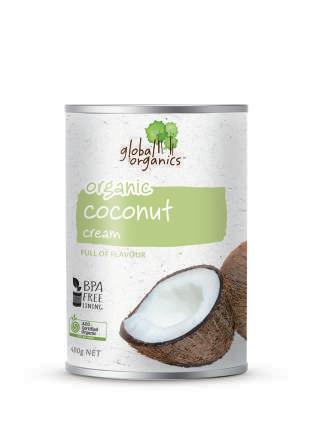











































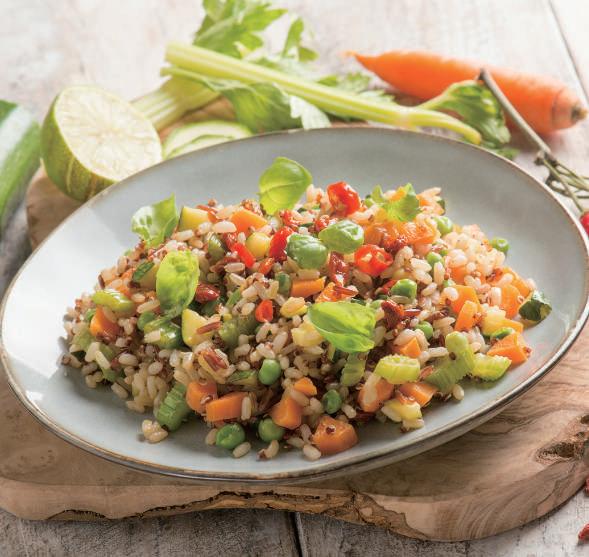
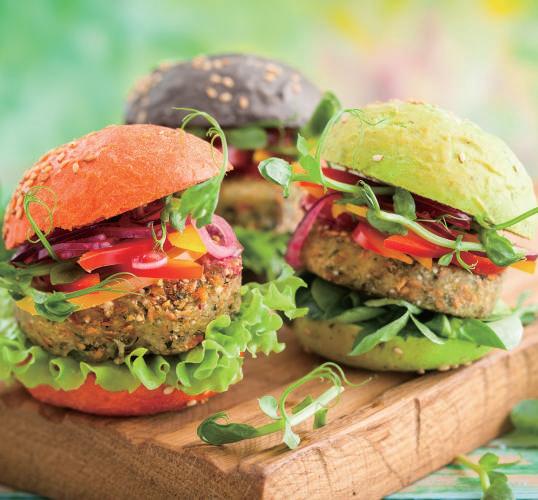










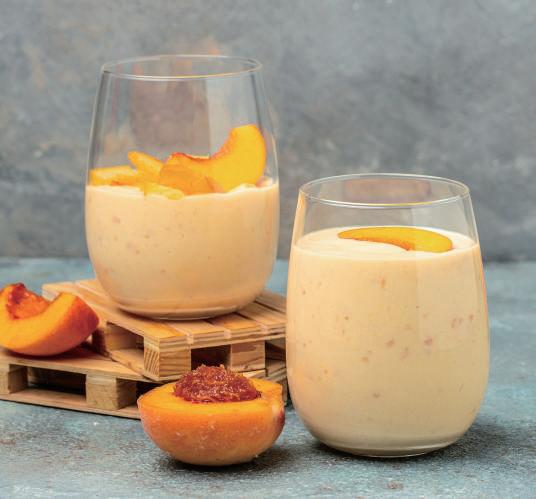





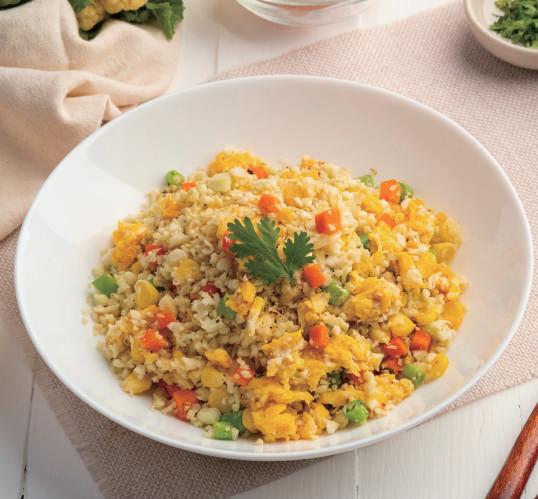













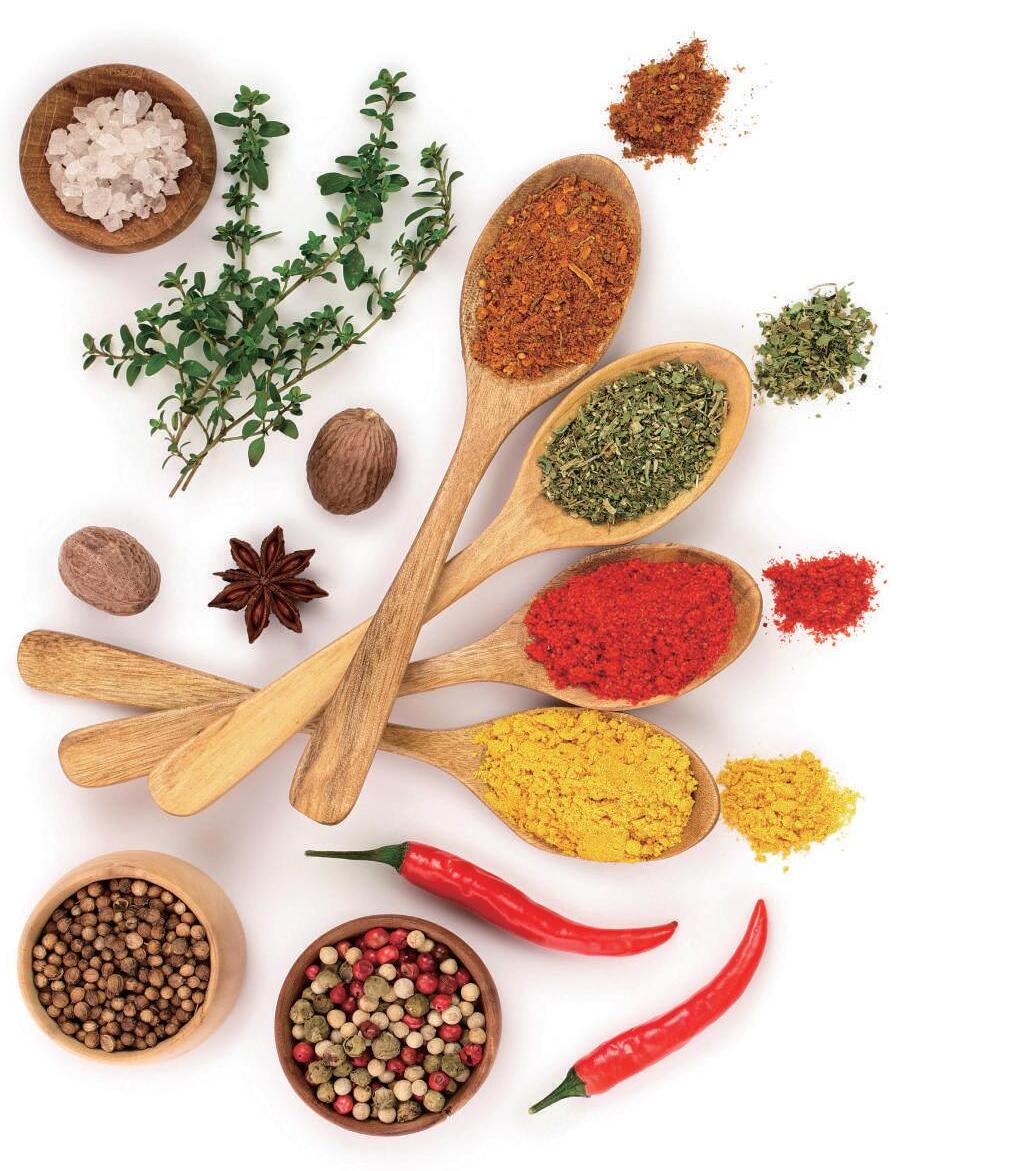








At A mbrosia, we are obses si ve about pure and organic, Austr alian honey.

We c are about keeping things loc al In the l ate 19 8 0’s our A mbr osia Or ganic Honey s were the f ir s t honey s to be cer tif ied or ganic in Aus tr al ia

Today we continue to s ource only Aus tr al ian or ganic honey and it is p acked here in Aus tr al ia Keeping it loc al is the A mbr osia w ay


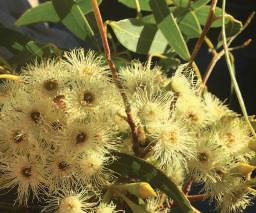

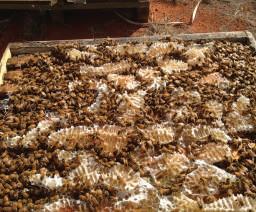

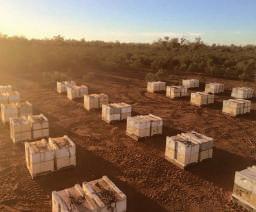



A mbrosia Organic Raw Honey is honey in it s purest for m
We use a method called ‘cold ex tr ac ting’, w hich means honey is taken from the hive, out of the fr ames and into packing v at s w ith no heat applied The result? A thick cand ying honey retaining all it s natur al v itamins and miner al s
Ambrosia Organic Raw Honey is the closest you’ll get to eating straight from the hive.









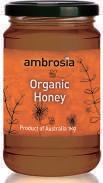

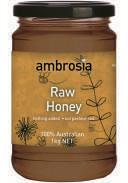





















































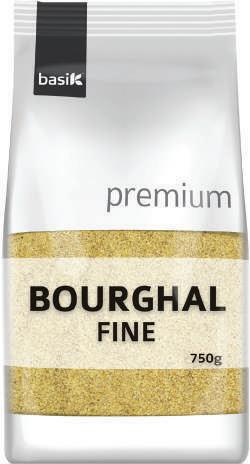
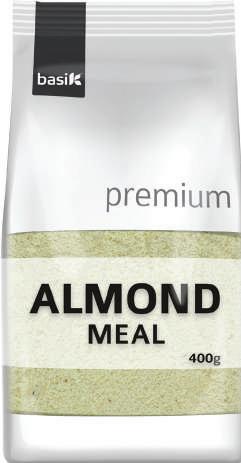

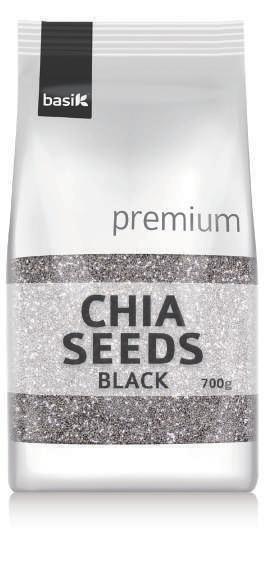


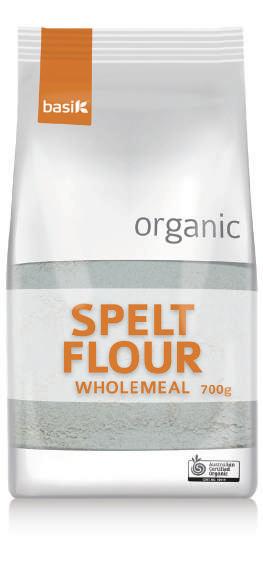




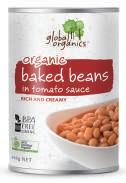

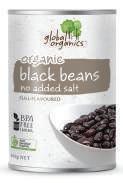





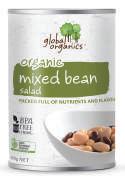









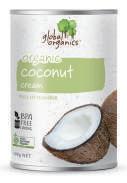

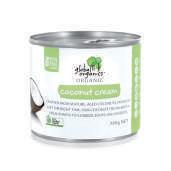



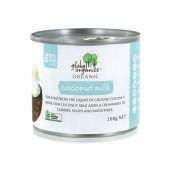

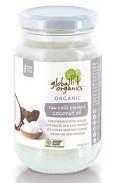













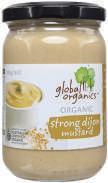

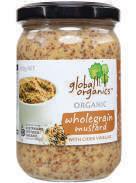





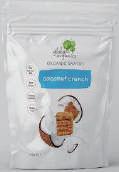

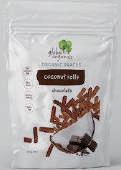

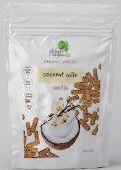

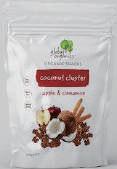







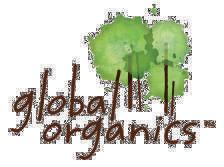



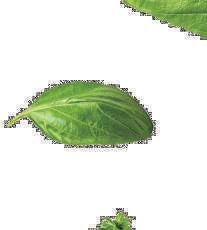


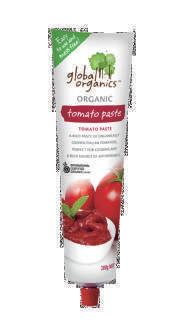

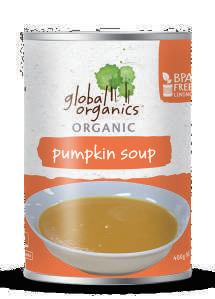

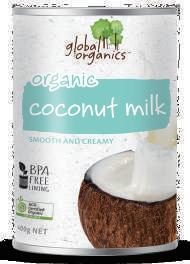
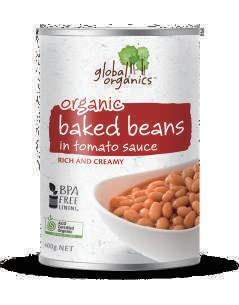
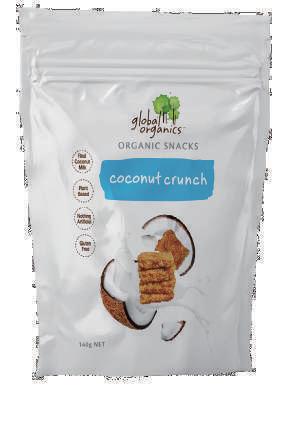
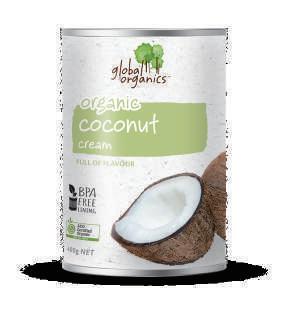


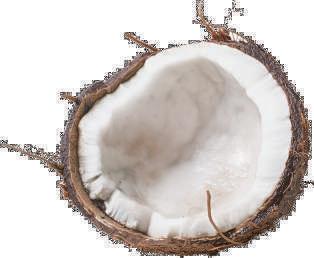



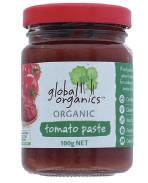





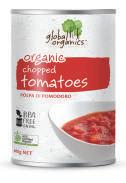

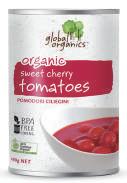



























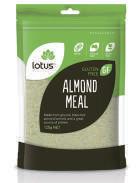



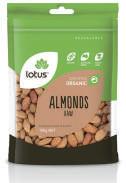

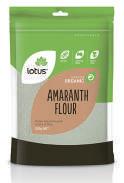







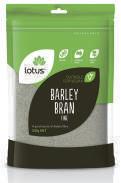



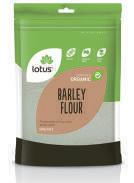



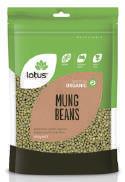







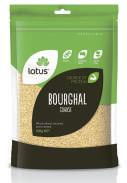





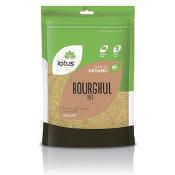





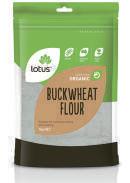

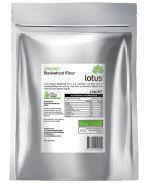



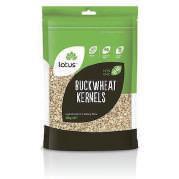





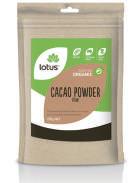

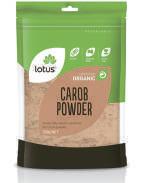



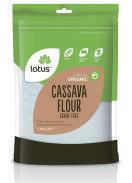

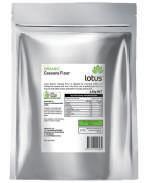

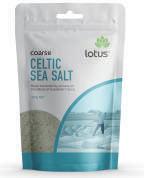

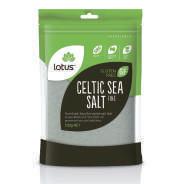

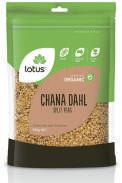

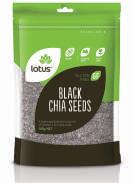

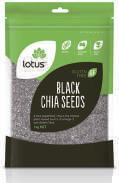













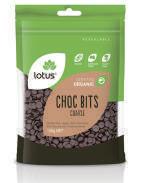

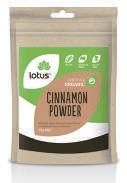





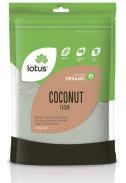



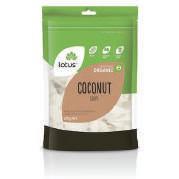

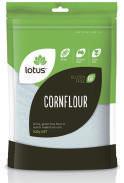





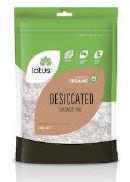



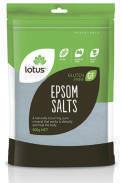

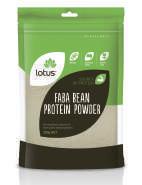

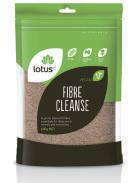



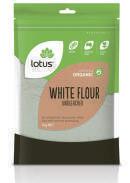



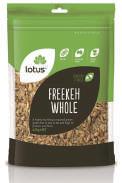



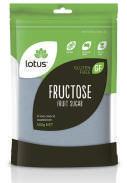





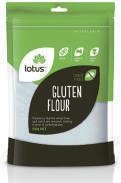





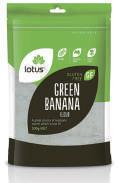

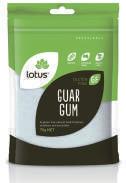



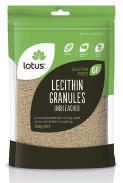

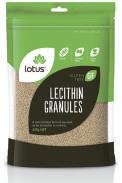

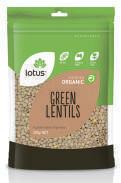







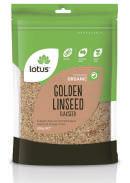



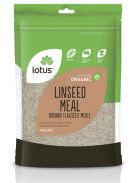





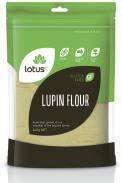











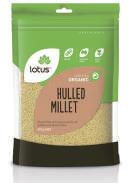

























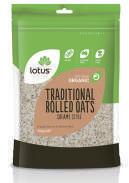

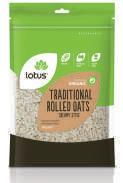



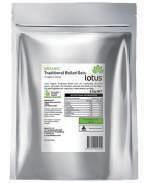



















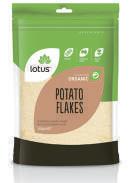





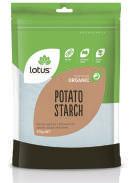







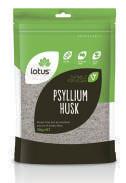

















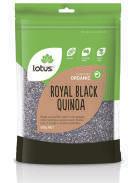

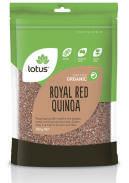



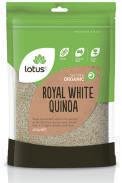





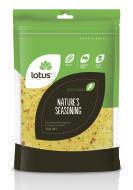




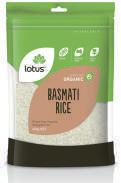



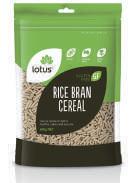

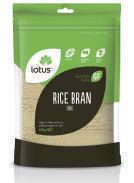









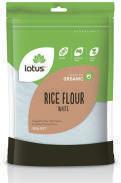



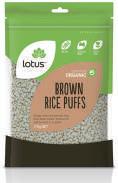





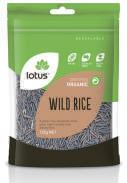



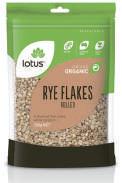








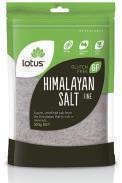

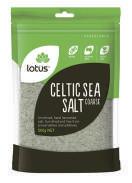



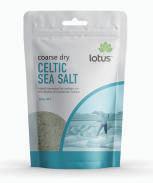
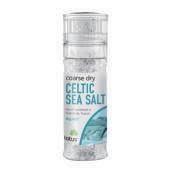

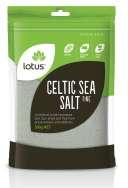
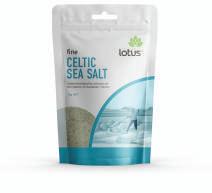
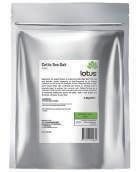





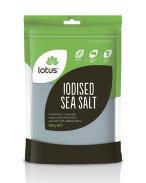

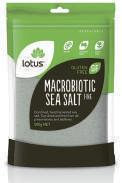

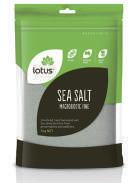




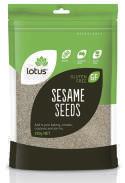



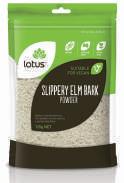

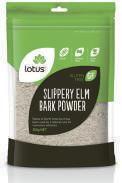















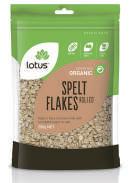



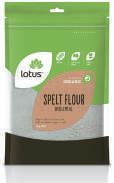






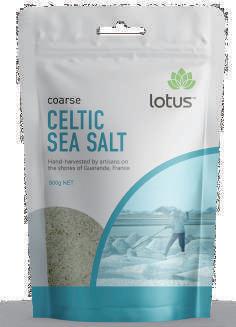
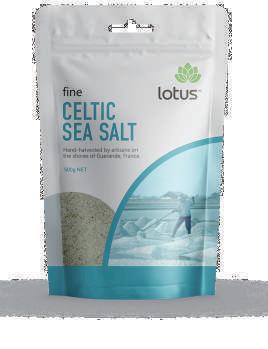



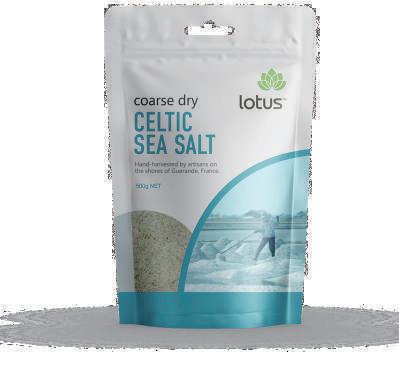

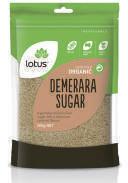

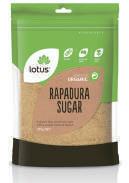



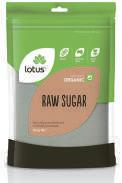

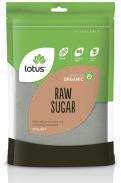

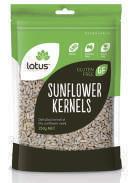









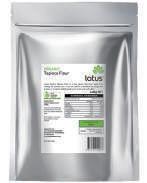



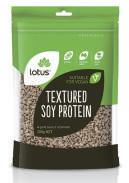



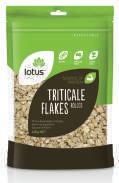











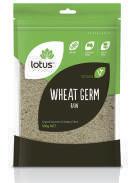



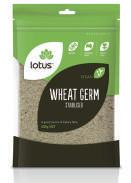

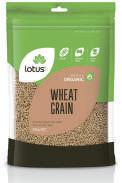

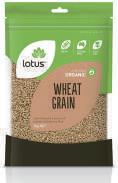

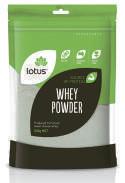



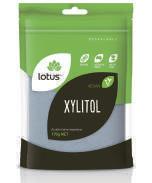



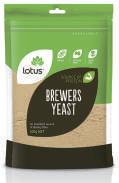






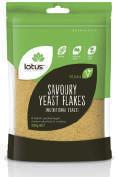



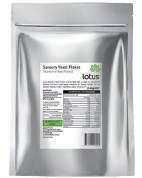





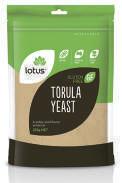





































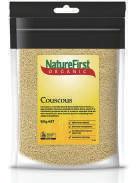





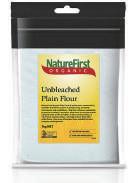

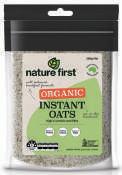





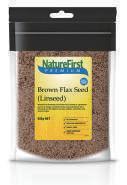



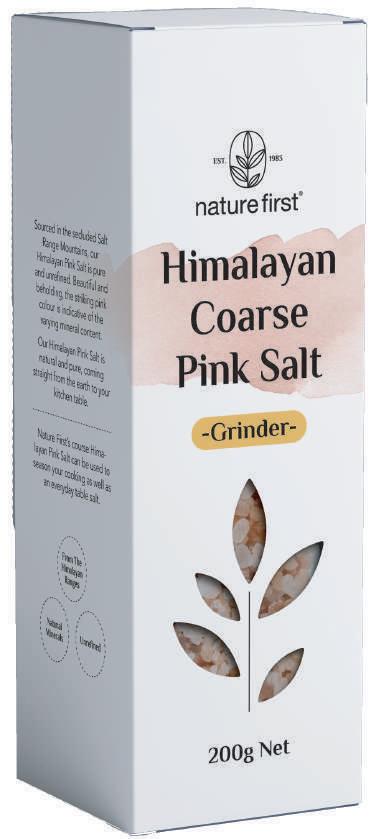




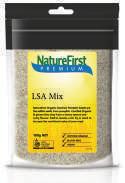









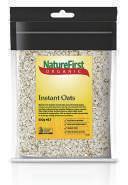



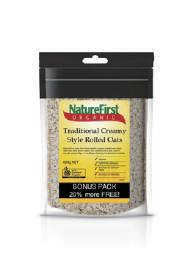





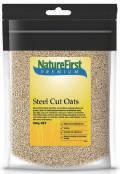

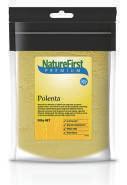

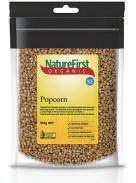









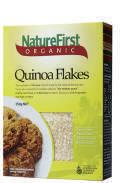



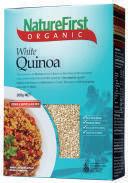





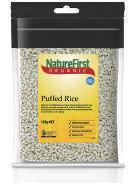

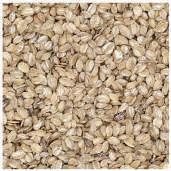










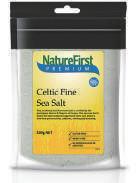

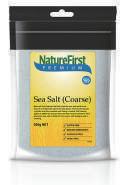



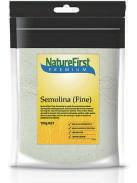

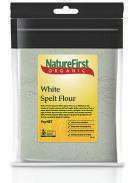















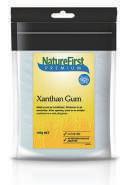

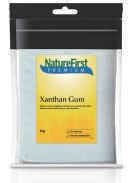

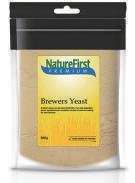



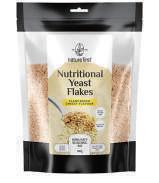









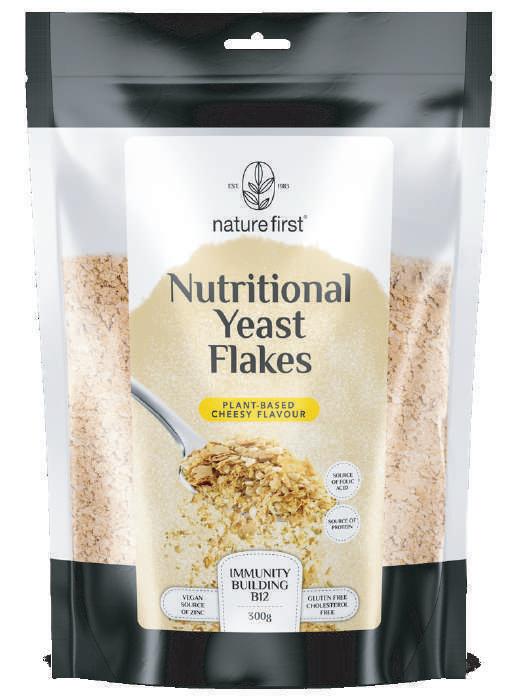





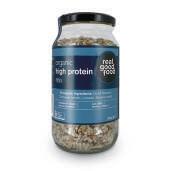



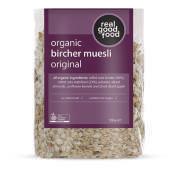









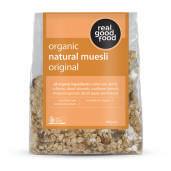



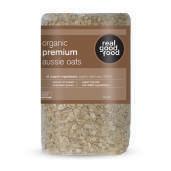



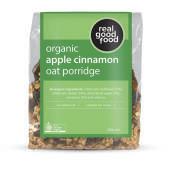



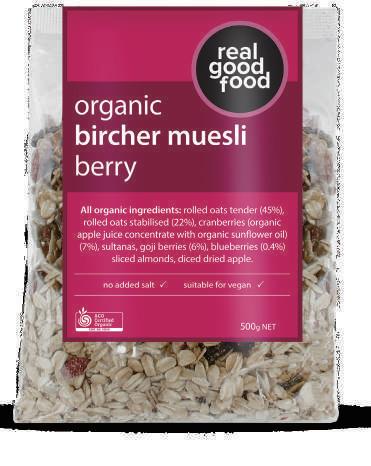








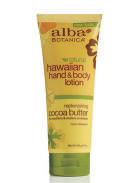
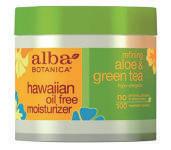
















































































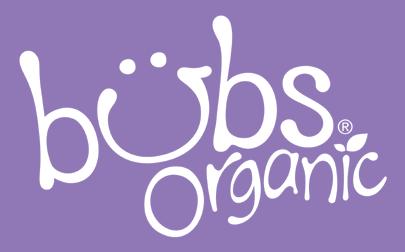




















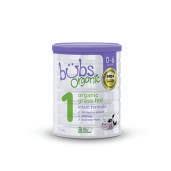

















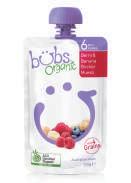




















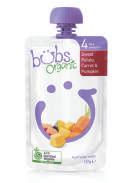
















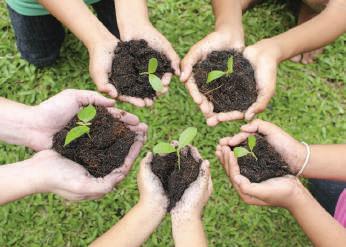


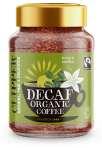
























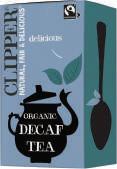




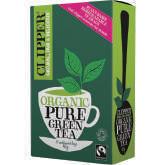









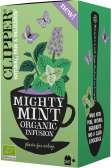













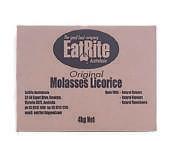








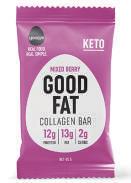



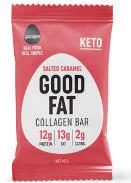








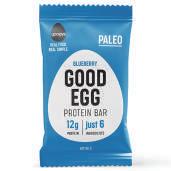









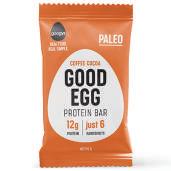















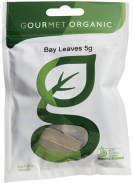





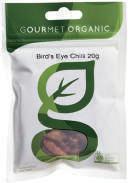









































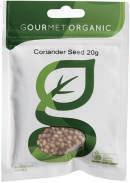














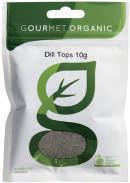


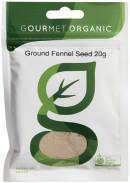





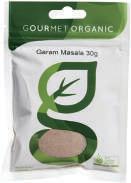





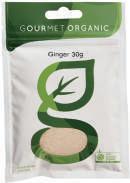








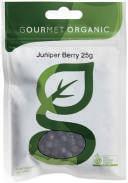


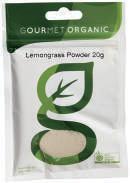


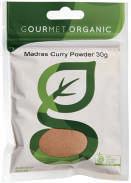





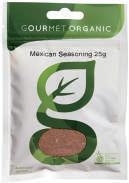





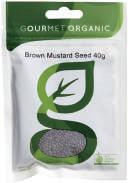








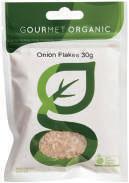


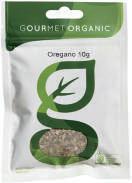











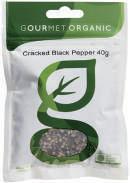


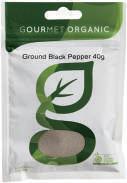








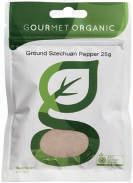


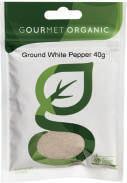








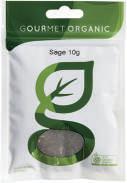





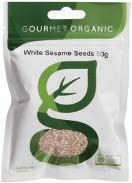





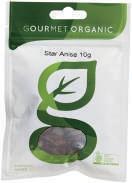





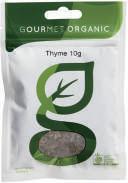


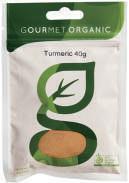



































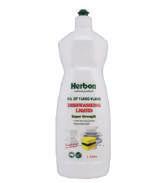

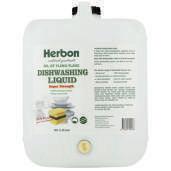
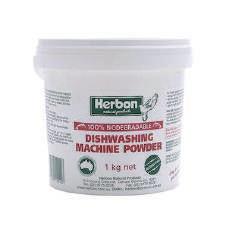










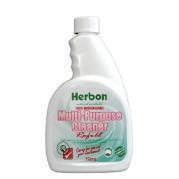
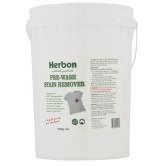

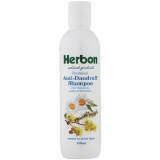









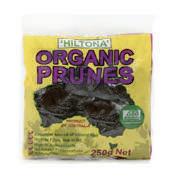





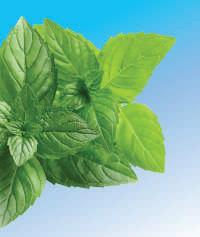









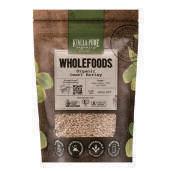






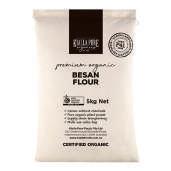





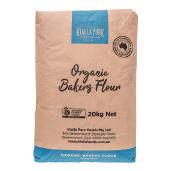











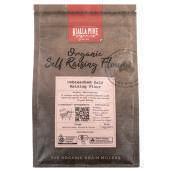











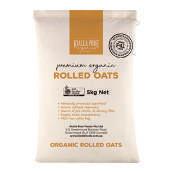






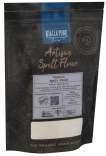










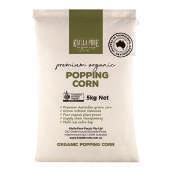



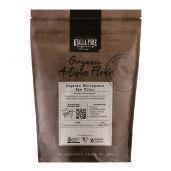





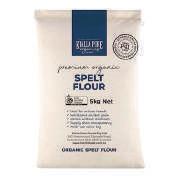


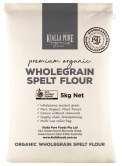











































































































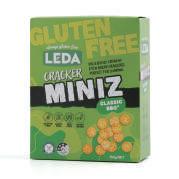




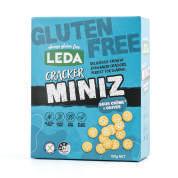




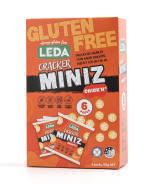




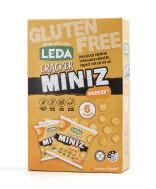










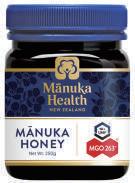




























































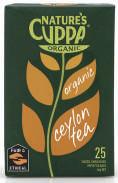







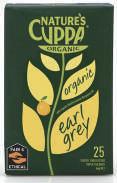

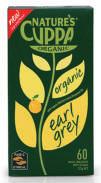





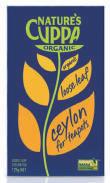





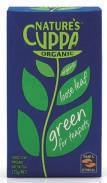

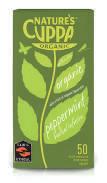





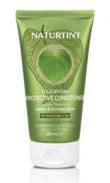

















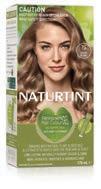









































































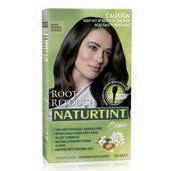

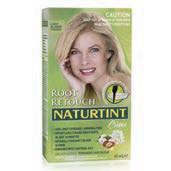



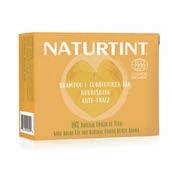














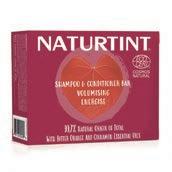



































































































































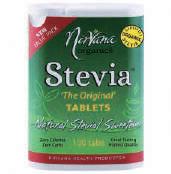

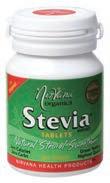










Truth in labelling and ethical and sustainable sourcing are, and always have been, part of the Lotus philosophy Packed in Melbourne in allergen friendly production facilities, the Lotus range includes organic and premium ingredients that taste just as nature intended




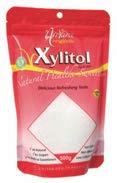
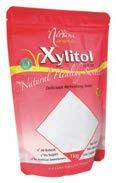













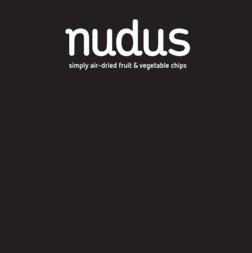










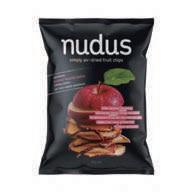











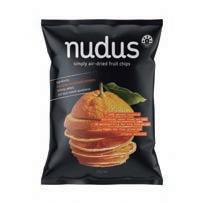





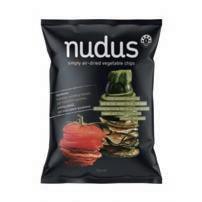





























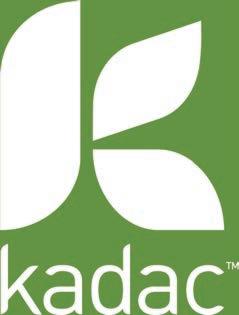























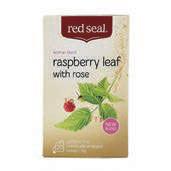




























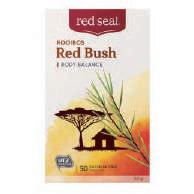



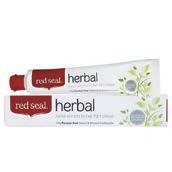











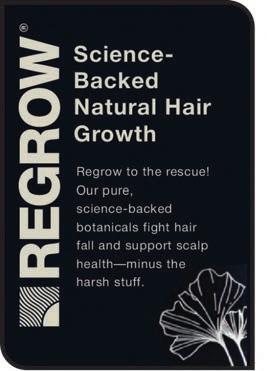
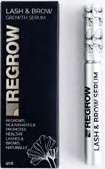


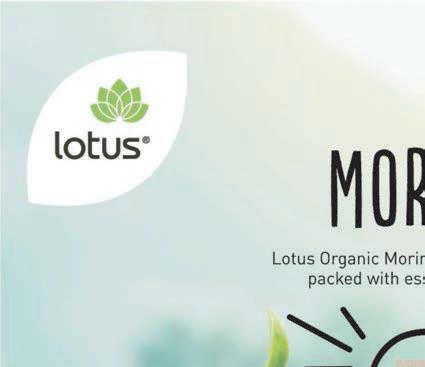

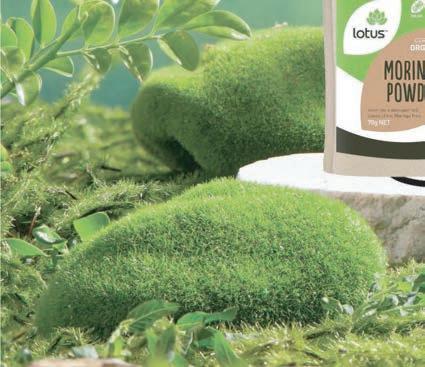










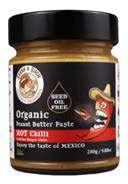

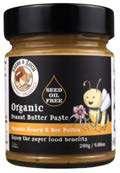



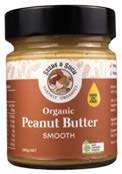

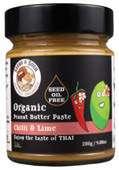



































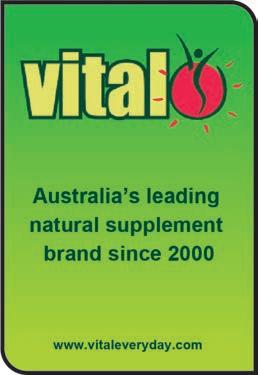





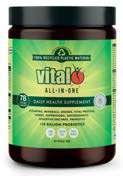












































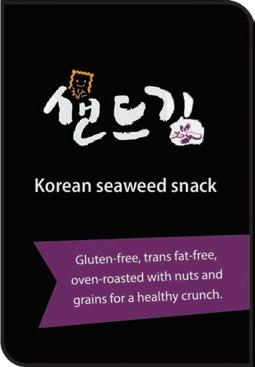















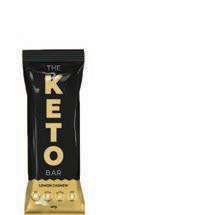

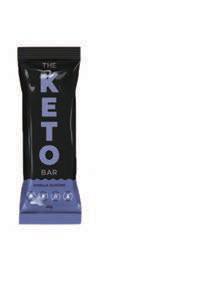










“simply what it says it is”

